Getting to Know Gas Generators
What is a Gas Generator?
Gas generators are devices that convert gasoline into electrical energy. They work by burning gas to power an internal combustion engine, which then drives an alternator to produce electricity. These generators are often used as backup power sources for homes and businesses during outages or in areas without access to the main power grid.
 Why Gas Generators Rock
Why Gas Generators Rock
Gas generators bring a bunch of pluses. For one, they’re usually easier to lug around than diesel ones. They’re lighter too. That makes them great for quick fixes or emergencies. Gasoline is everywhere—you can grab it at any fuel stop. Single-stage setups are pretty basic compared to two-stage ones. This simplicity carries over to gas generators. They often have designs anyone can figure out without much tech savvy.
Where Gas Generators Fall Short
Even with their perks, gas generators aren’t perfect. They don’t use fuel as wisely as diesel models. You might need to top them off more often if you’re running them a while. Plus, gas engines can wear down quicker. That means shelling out more for fixes over time. Gasoline engines can act up in the cold. This can make them less trusty in some weather.
Digging into Diesel Generators
What’s the Deal with Diesel Generators?
Diesel generators are like their gas cousins but sip diesel fuel instead. They’ve got a diesel engine hooked to an alternator that churns out electricity. You’ll spot these a lot in big industrial jobs. They’re tough and can handle hefty power needs.
Diesel Generators’ Strong Points
Diesel generators have some solid wins over gas types. They’re known for staying strong and lasting ages. Often, they keep going longer than gas ones in the same setup. Think of two-stage machines, like the Toro Power Max. It uses a slow-spinning augur to scoop snow. Diesel engines are similar—built for heavy work. They manage big power loads without breaking a sweat. Diesel fuel packs more energy than gasoline too. That means better fuel use and longer stretches between fill-ups.
Diesel Generators’ Downsides
But diesel generators aren’t flawless. They’re heavier and bulkier than gas models. That makes them trickier to shift around. Live somewhere with light snow and hate gas hassles? You might skip diesel’s heft too. Also, diesel engines can get loud when they’re on. They might kick out more gunk than today’s gas engines as well.
How They Stack Up: Performance and Efficiency
Fuel Use: Gas vs. Diesel Generators
When you compare how they sip fuel, diesel generators usually win. Diesel fuel’s got more oomph per drop. So, they run longer on the same tank than gas ones. A battery-powered snow blower skips gas woes entirely. That shows how smart energy use can make life easier.
Reliability and Upkeep Basics
Reliability matters a ton when choosing between these two. Diesel engines tend to be sturdier. They can chug along without overheating or conking out. A two-stage snow blower saves your back—you don’t push it into thick snow. Diesel’s dependability does the same for long hauls.
Upkeep’s different for each. Both need regular TLC. Diesel might not need it as often. But when it does, the fixes can be more of a puzzle.
Environment and Safety Stuff
What They Spit Out: Gas vs. Diesel Emissions
Emissions are a big deal when you think about the planet. Gasoline engines can get cranky in the cold. That messes with reliability. It also pumps out more gunk from half-burnt fuel. Gas generators put out less nitrogen oxides (NOx) and dusty bits than diesel ones. But they churn out more carbon monoxide (CO). That’s risky indoors.
Diesel generators shine on efficiency. Yet, they catch flak for more NOx and gritty stuff. Diesel fuel’s energy punch boosts efficiency. The trade-off? More pollutants. Newer diesel engines are better, though. Tech like selective catalytic reduction (SCR) and diesel particulate filters (DPF) slashes the bad stuff.
Safety with Fuel Types
Safety’s huge when picking between these. Gasoline engines can flake out in cold snaps. That might mean spills or leaks when you refill. Gasoline catches fire fast. You’ve got to store and handle it carefully to dodge trouble.
Diesel fuel doesn’t spark as easy. That makes it safer to keep around. Diesel engines are made for tough jobs. They often come with solid safety bits to cut risks while running. Still, you need good air flow with any generator indoors. That keeps carbon monoxide from building up.
Costs and Real-World Uses
Upfront Cash and Long-Haul Costs
Gas generators usually cost less to snag at first. Their simpler guts keep the price down. They’ve got perks like being wallet-friendly. That’s a draw for folks wanting backup or short-term power on a budget.
Diesel generators hit your pocket harder upfront. But they save cash down the road. Better fuel use and toughness help. Diesel engines hold up better. They take steady use with less upkeep than gas ones. Over time, that cuts total costs.
Best Spots for Gas and Diesel Generators
Gas generators fit best at home or where you need to move them. They’re light and easy to haul. Perfect for camping or outdoor gigs needing power for a bit. Single-stage designs are no-fuss. Gas generators are too. They suit folks who like things simple.
Diesel generators rule in industrial zones needing power nonstop. They handle big loads like champs. Think construction sites, hospitals, or data hubs. Two-stage gear like the Toro Power Max grabs snow with a slow augur. Diesel engines tackle hefty power needs just as smoothly.
FAQs
What’s the big difference between gas and diesel generators?
It’s all about fuel. Gas ones run on gasoline. Diesel ones use diesel.
Which one’s better with fuel?
Diesel generators usually beat gas ones here. Diesel fuel’s got more energy packed in.
Can gas generators handle long, steady use?
They’re fine for quick or emergency jobs. But for long runs, wear might be an issue.
Do diesel generators need more upkeep than gas ones?
Diesel might not need fixes as often. When it does, though, the work can be trickier.

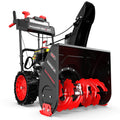





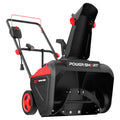

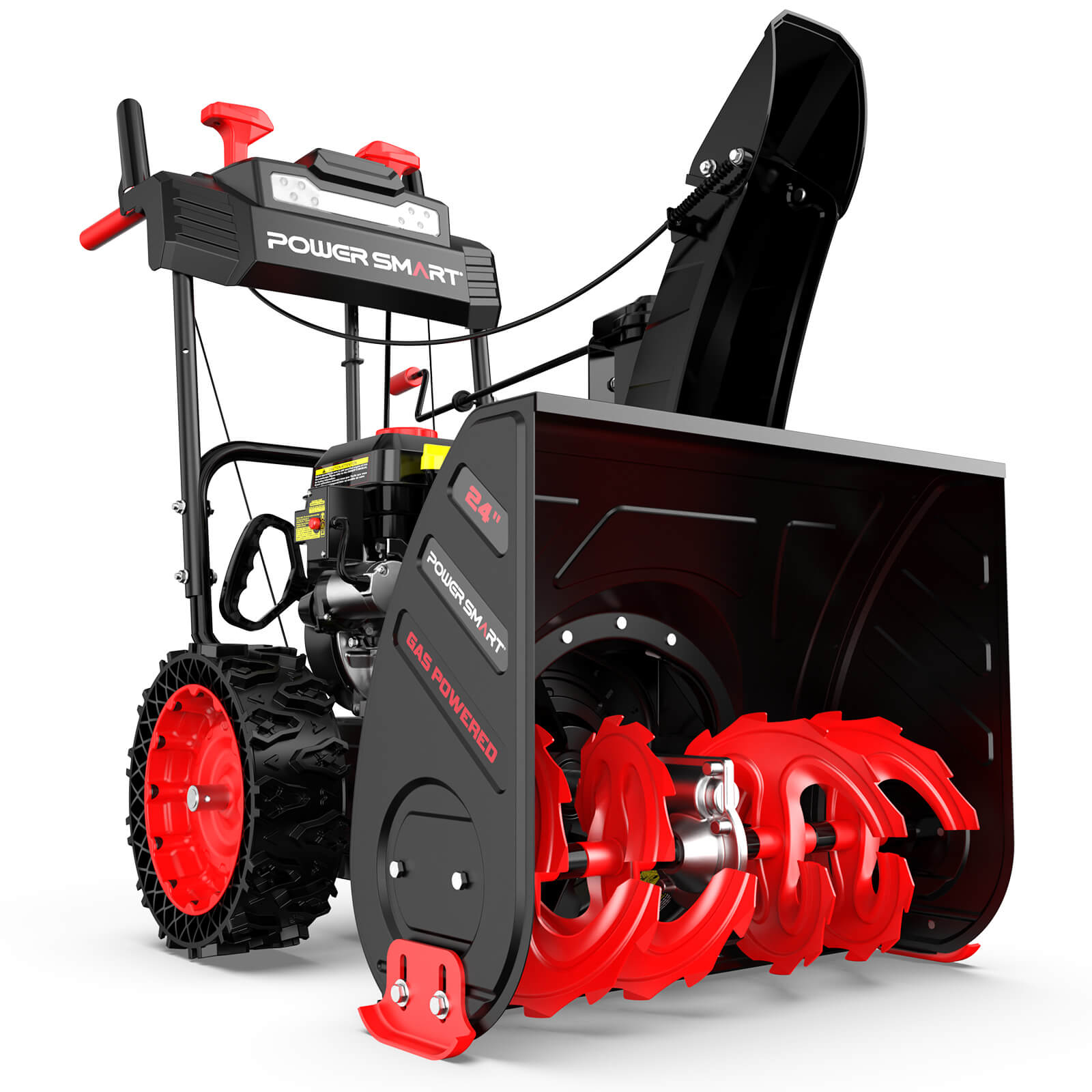
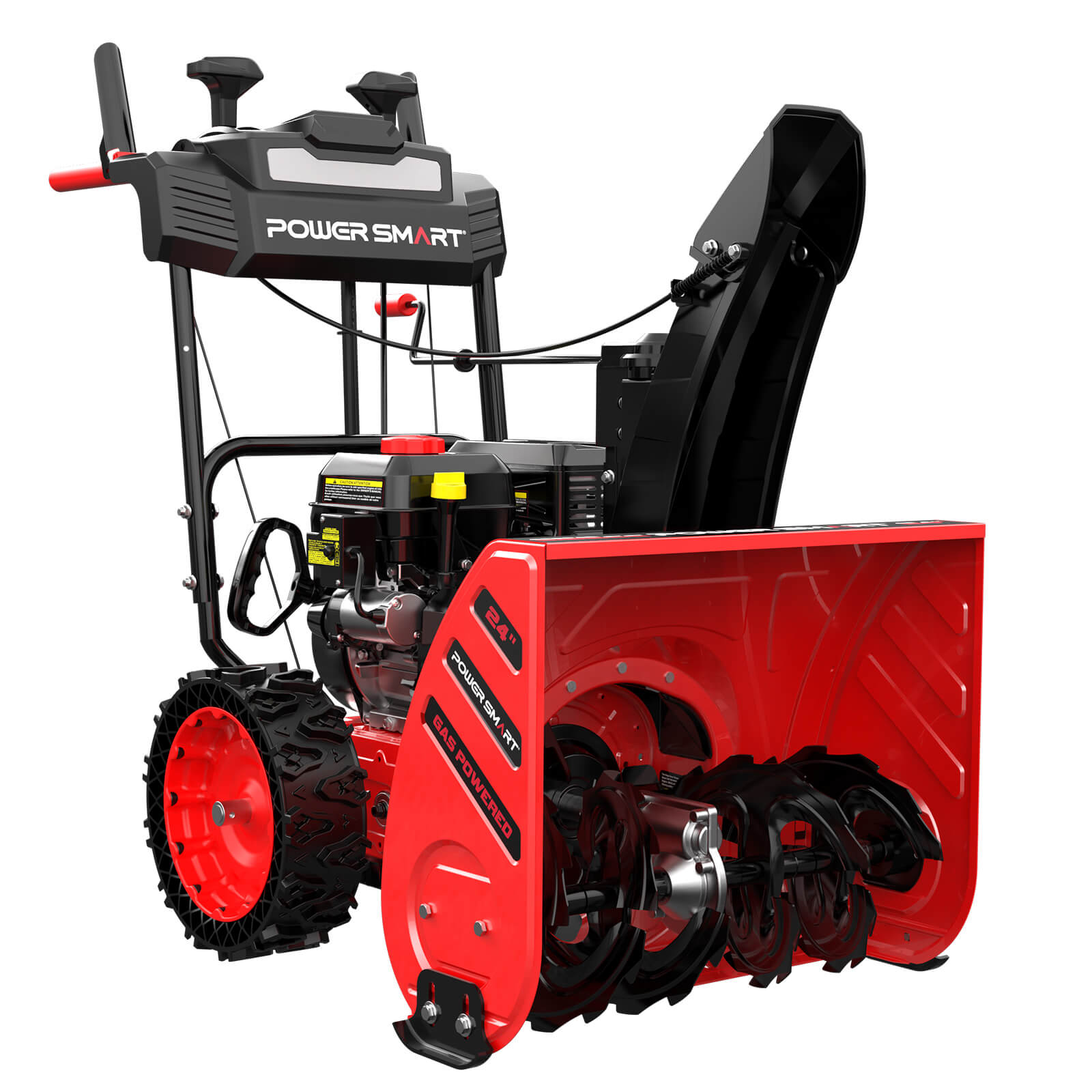
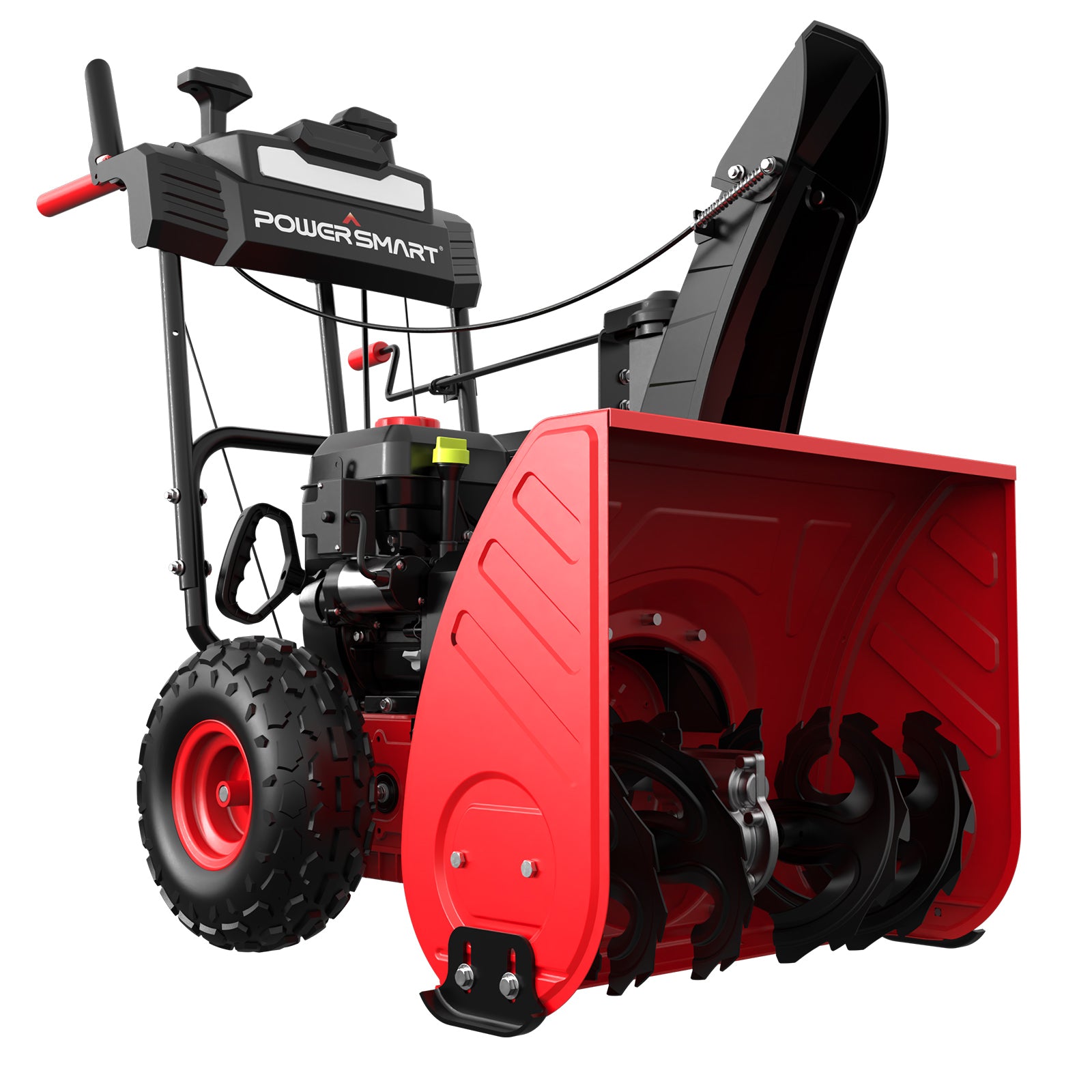
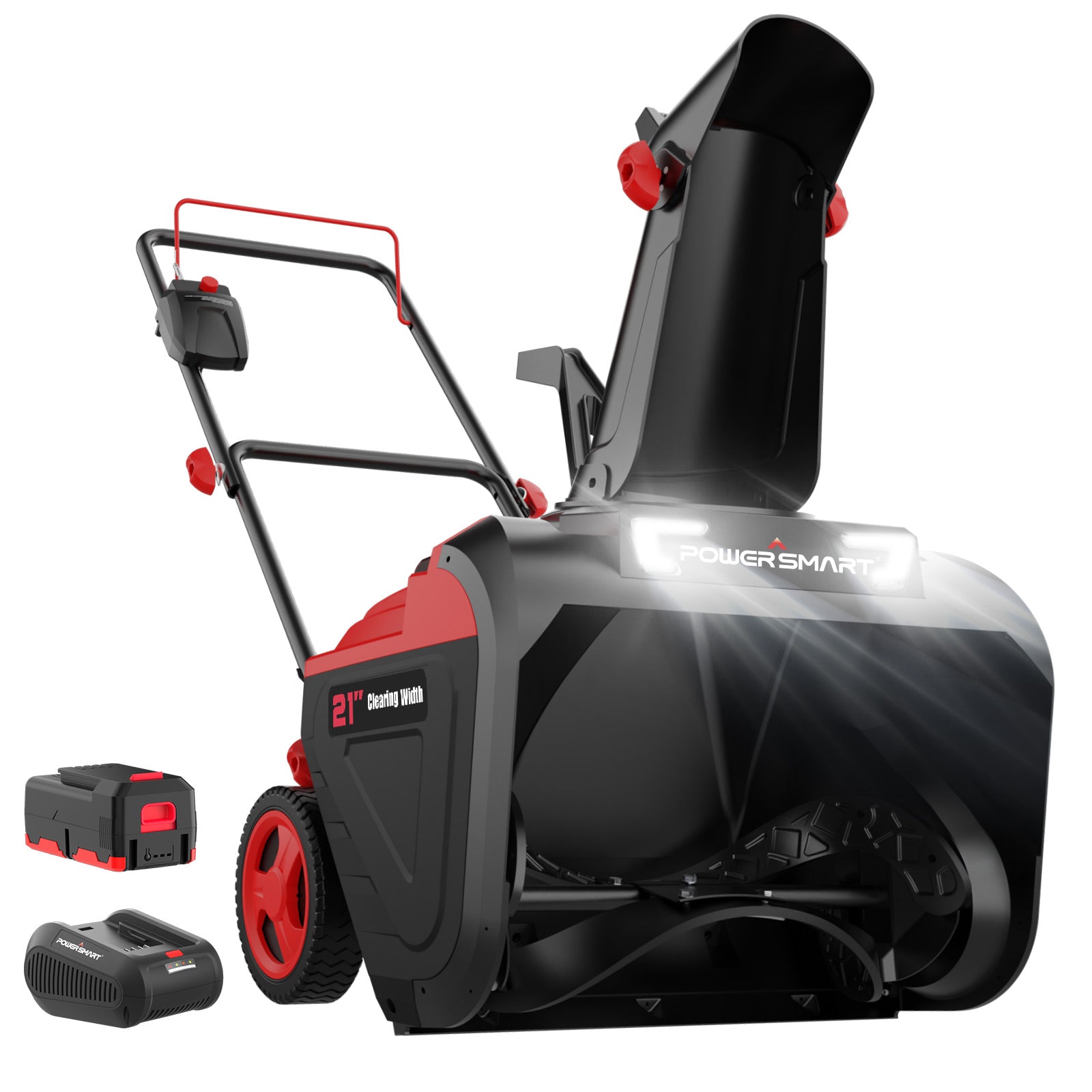
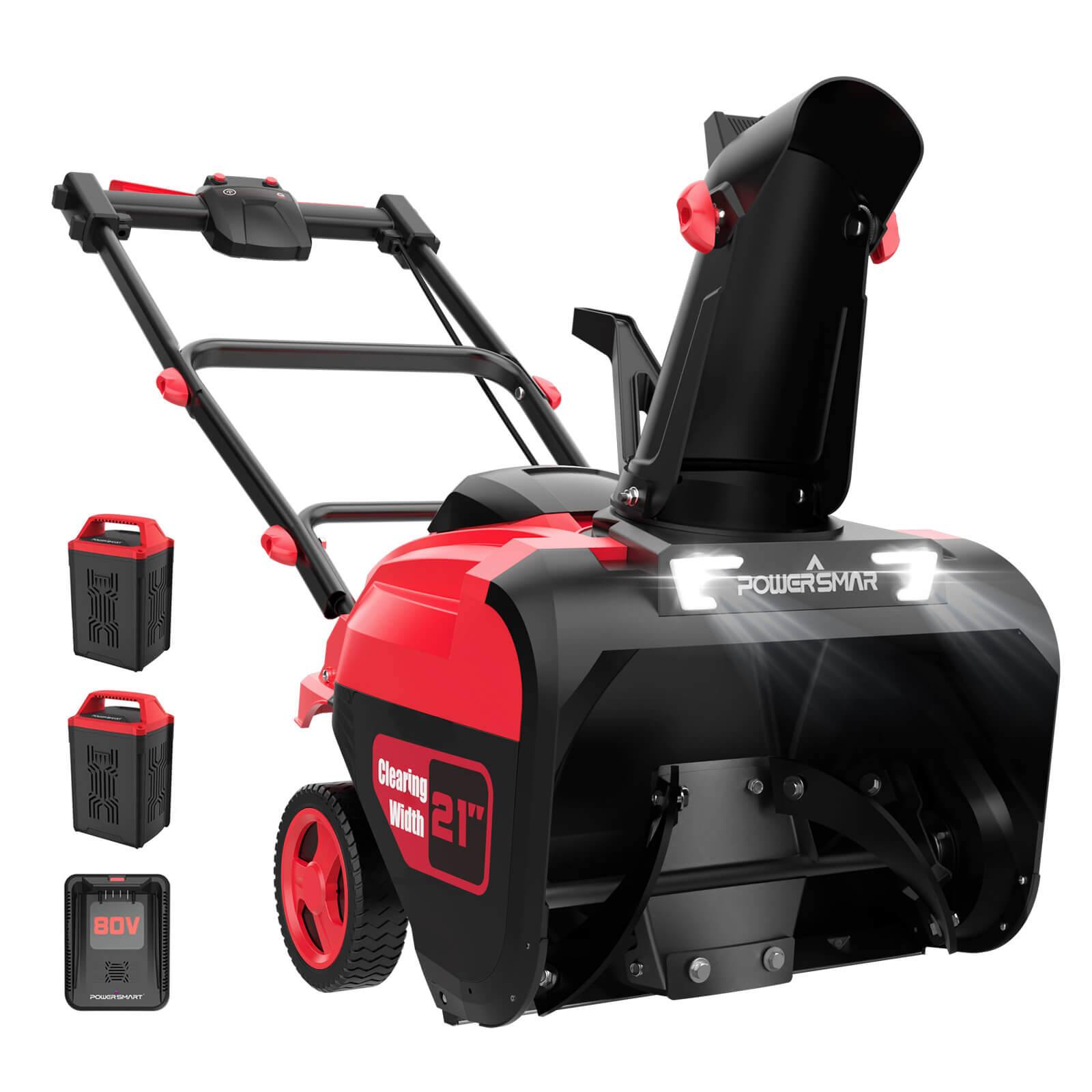
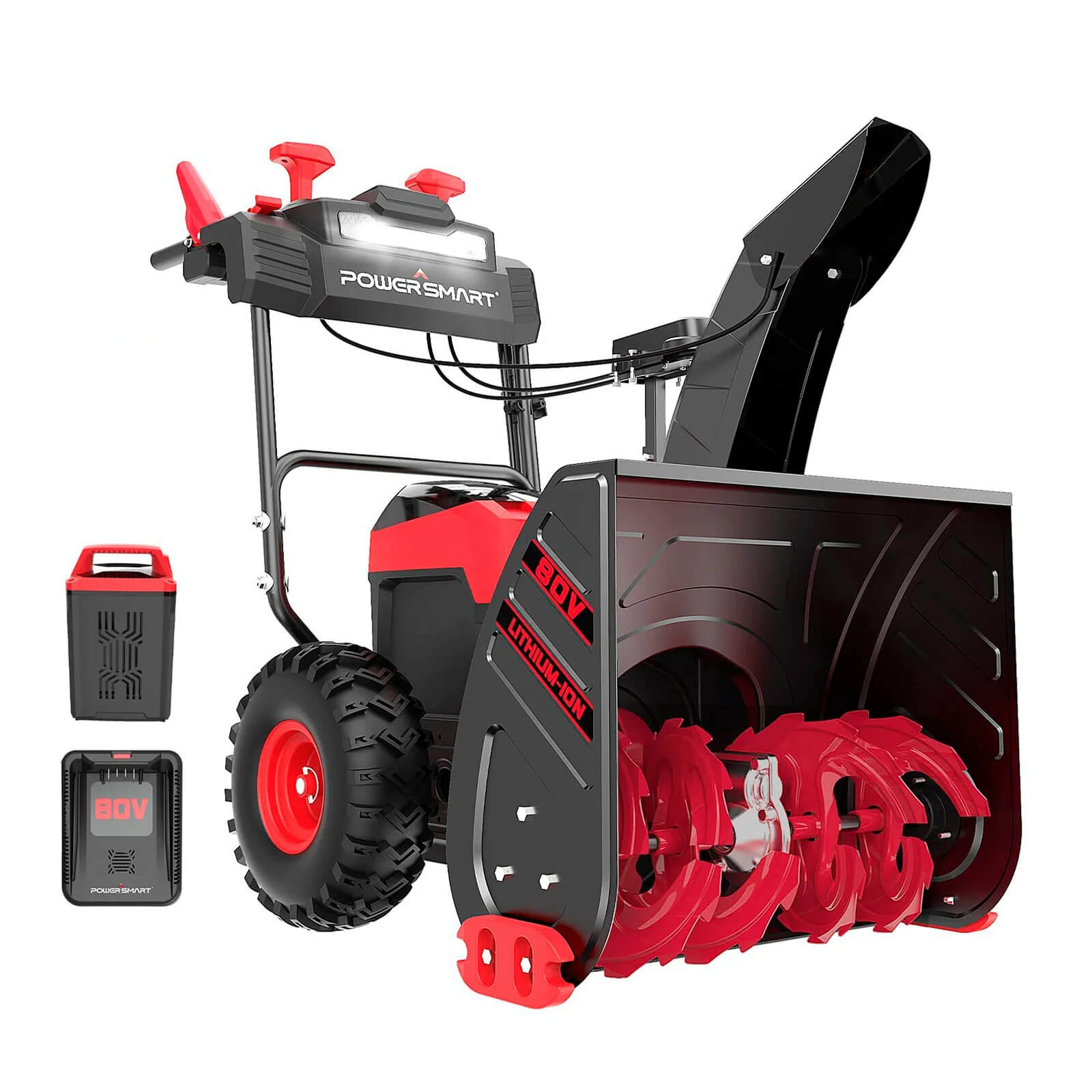
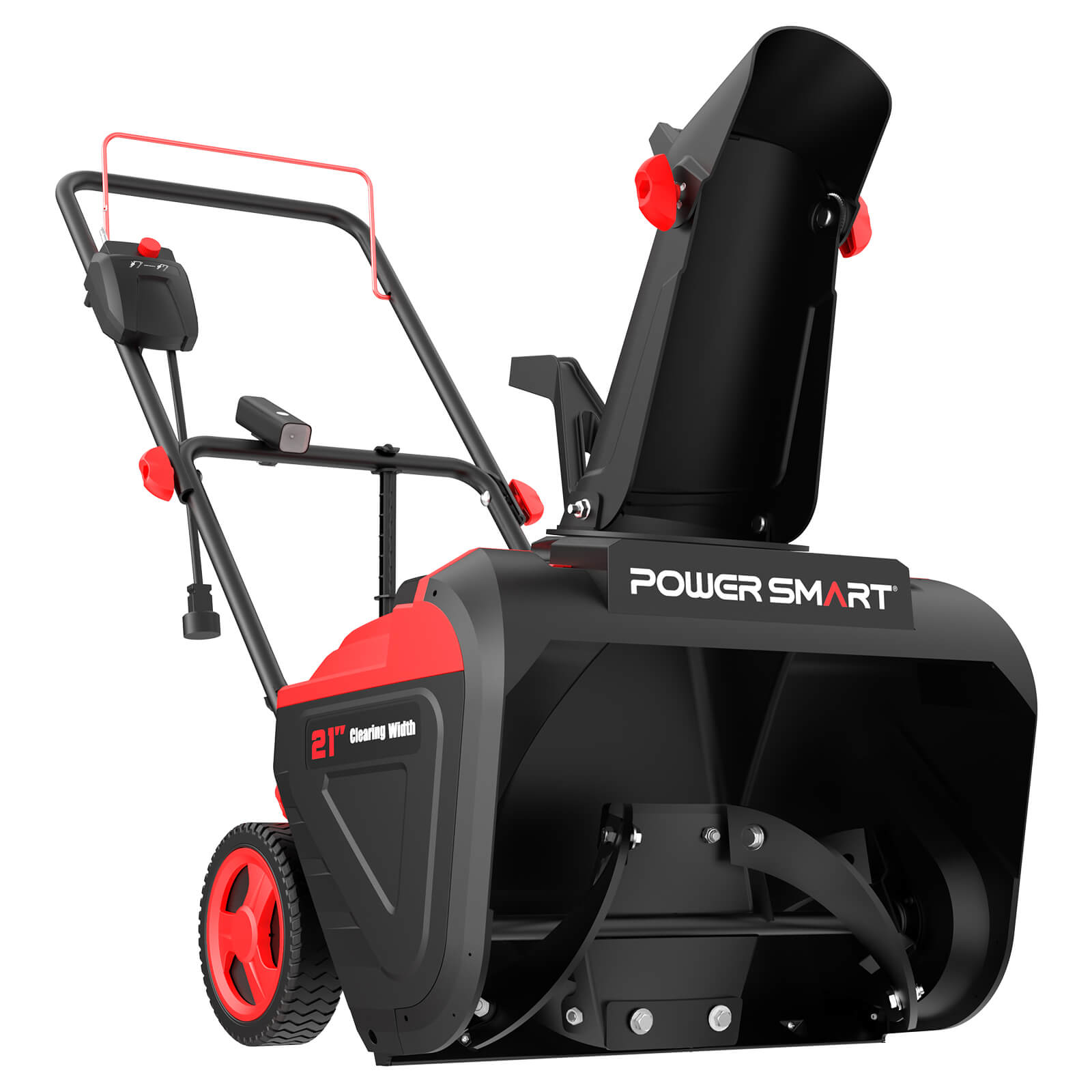
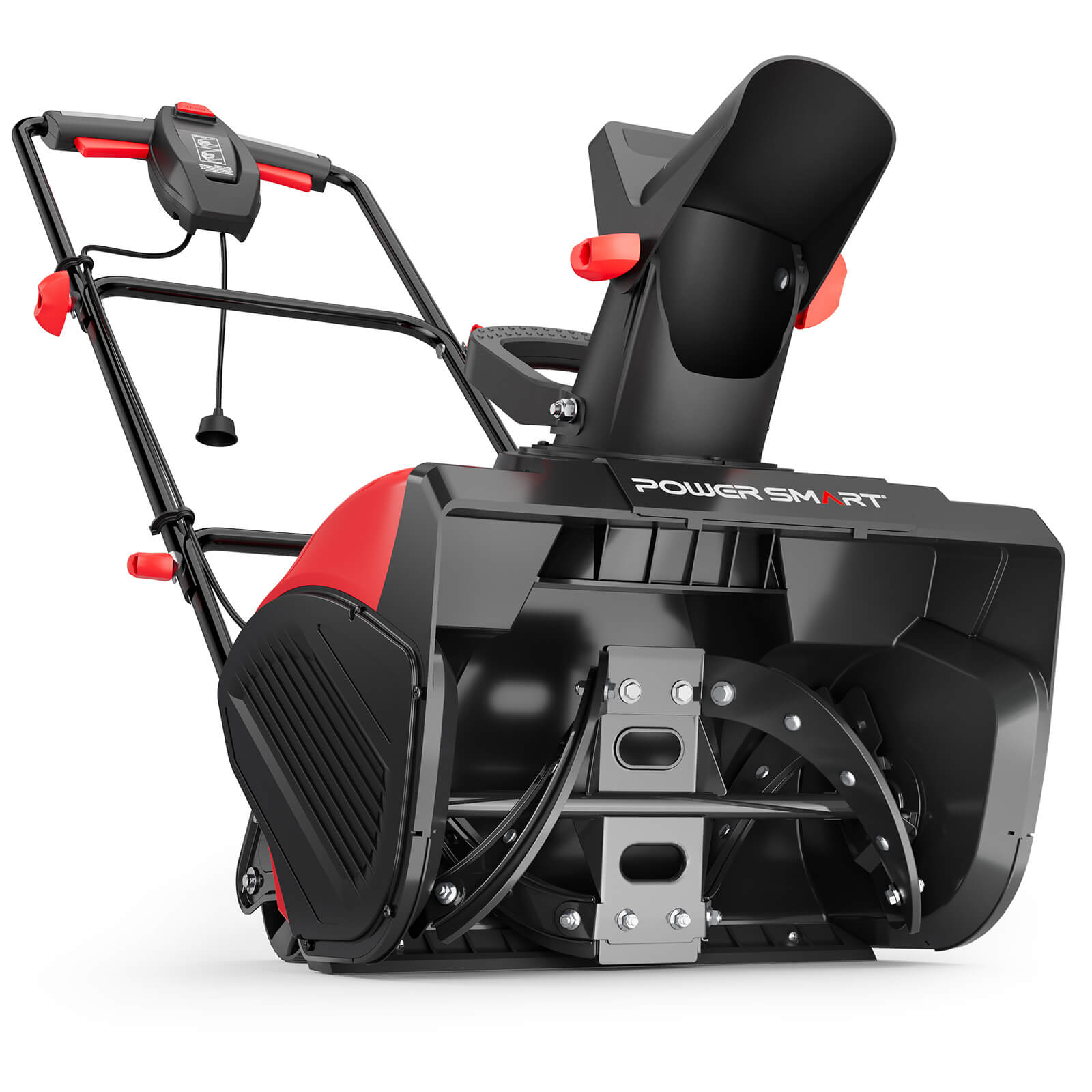




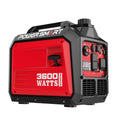
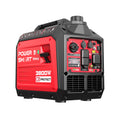
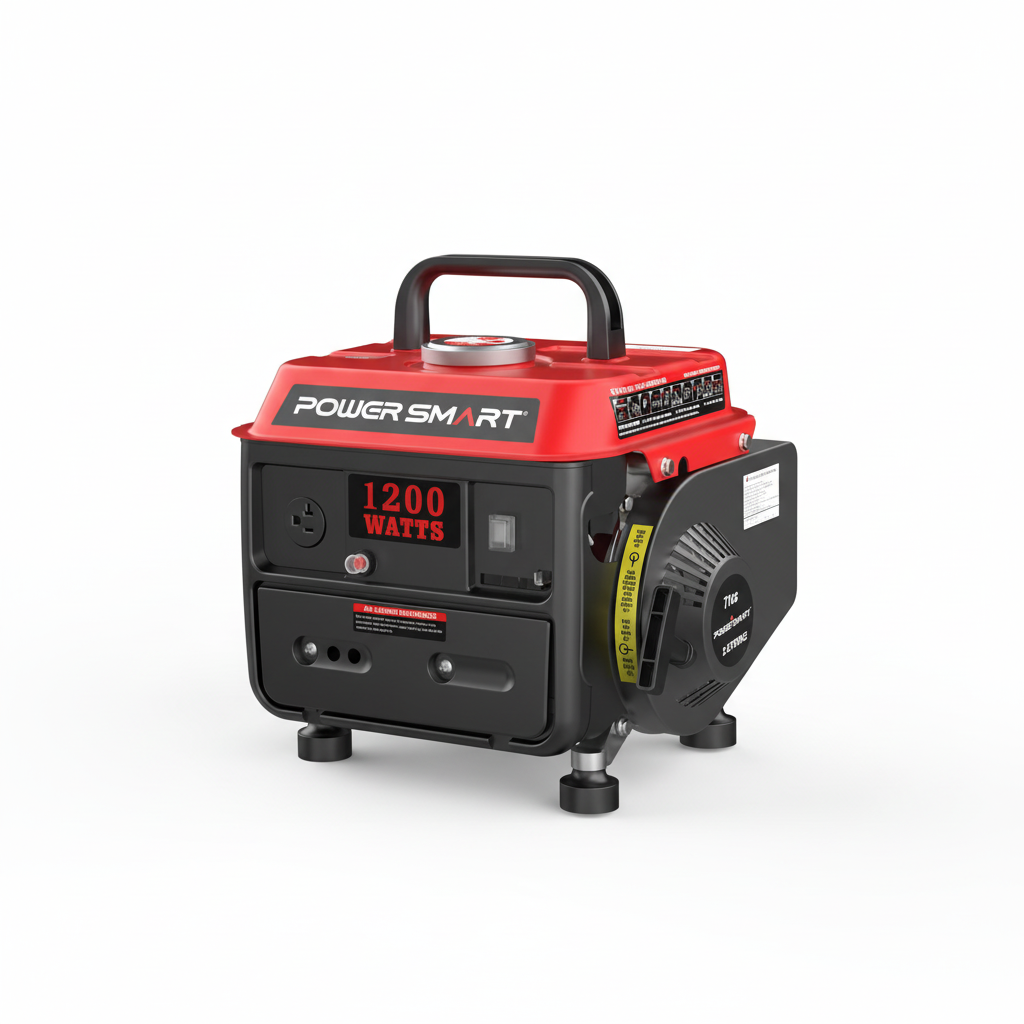


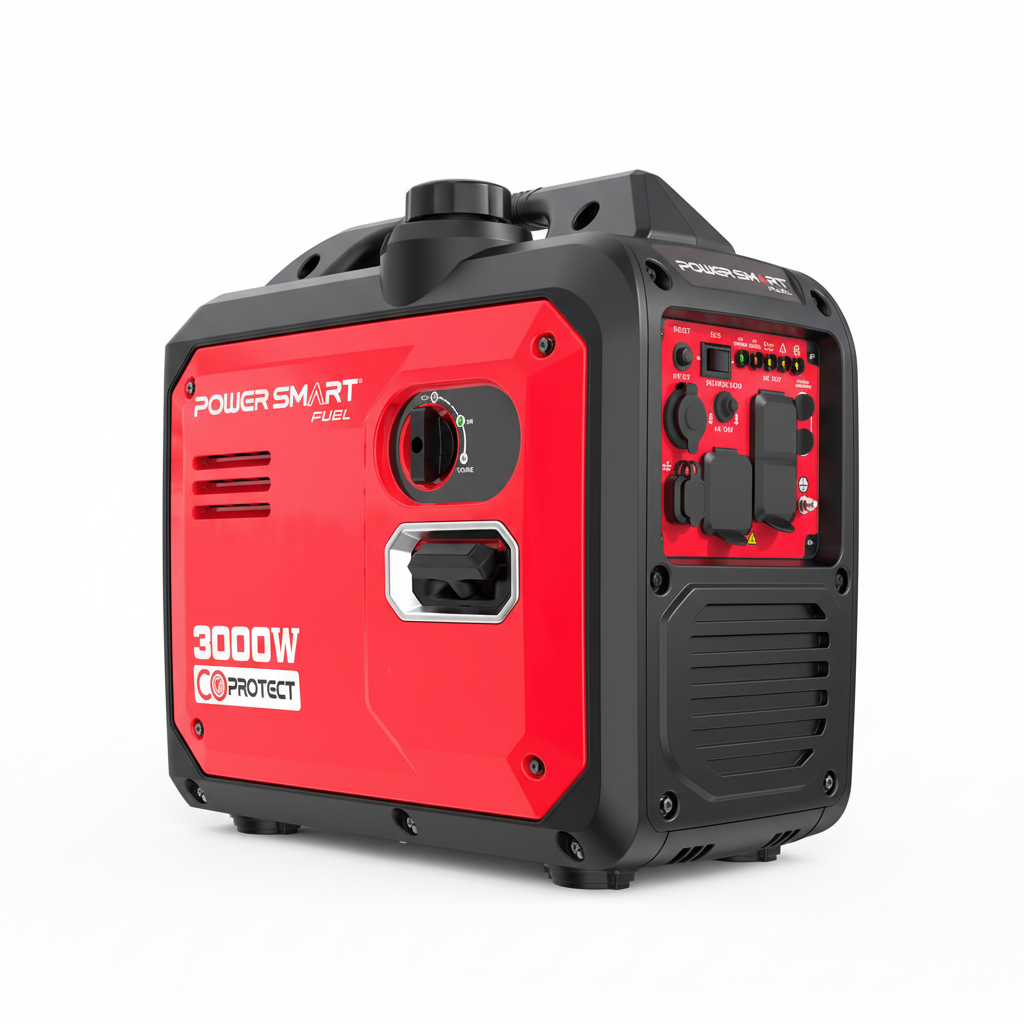
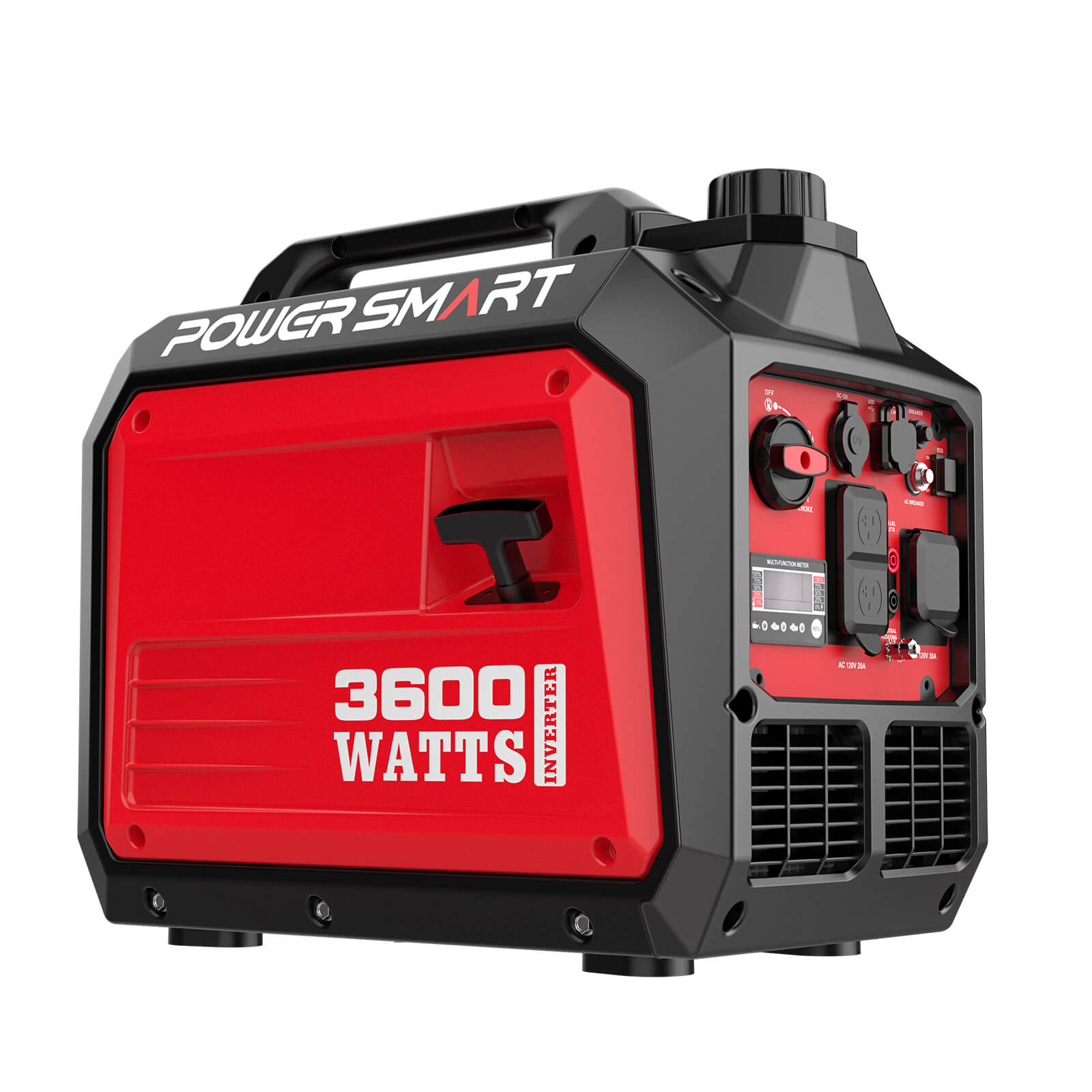
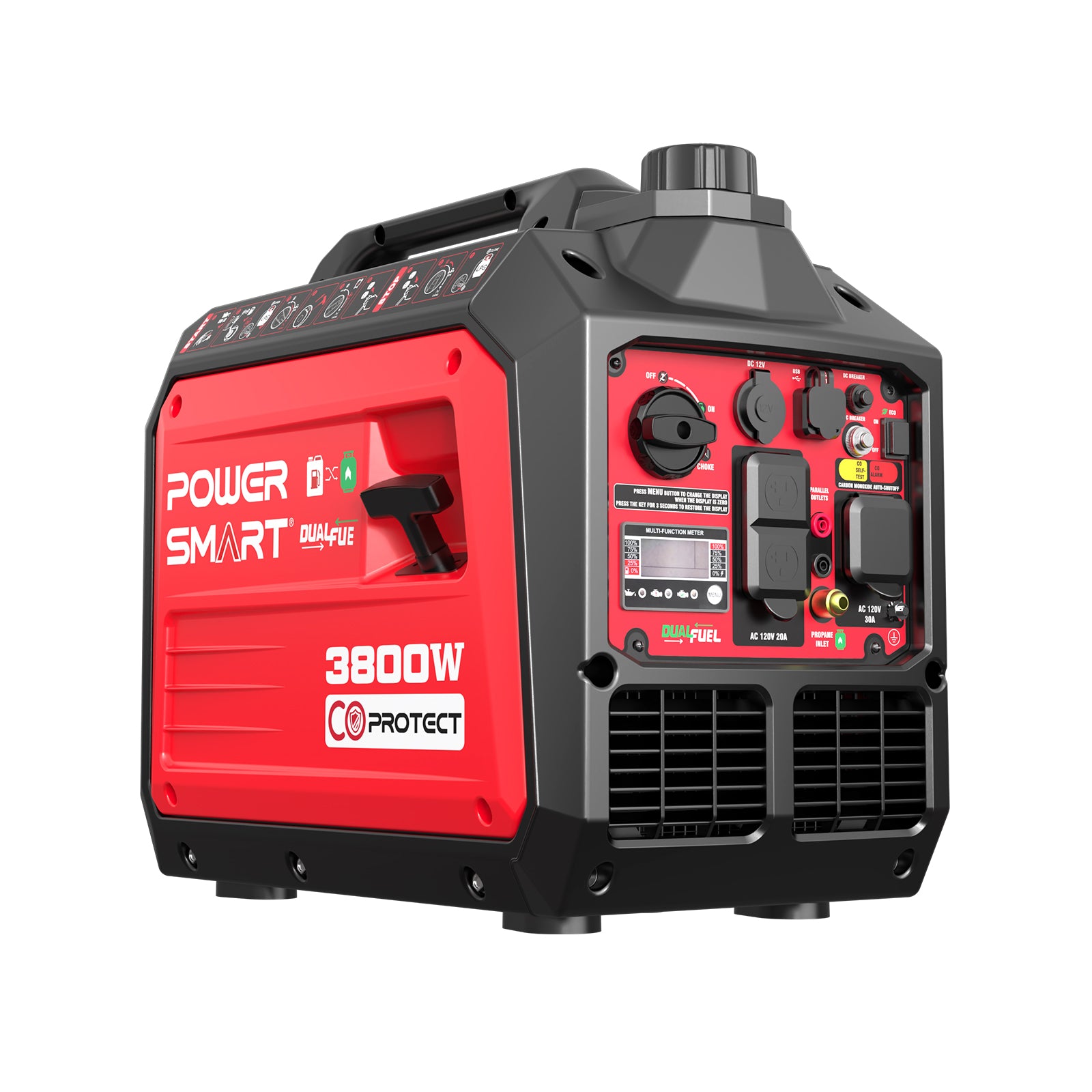


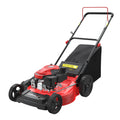











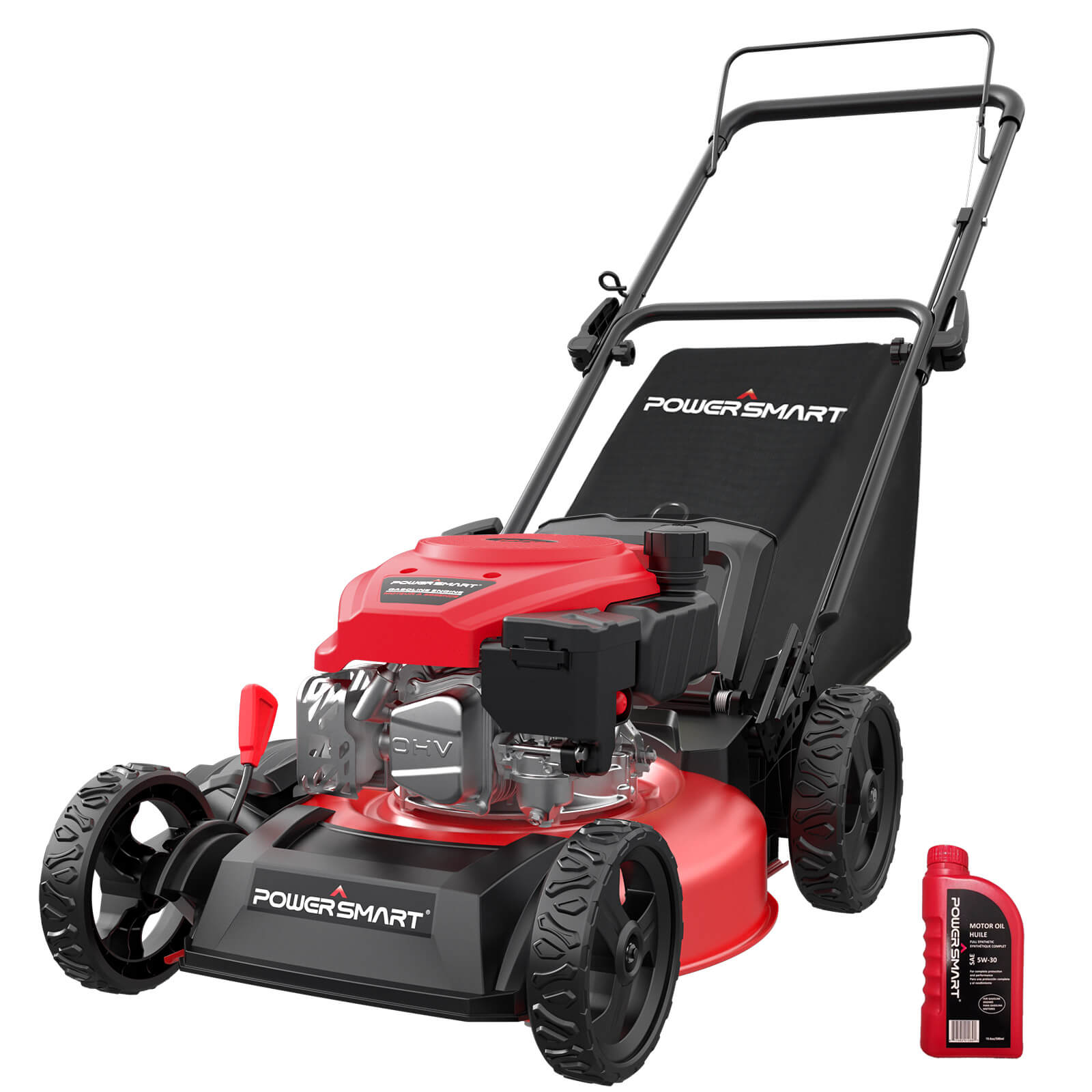

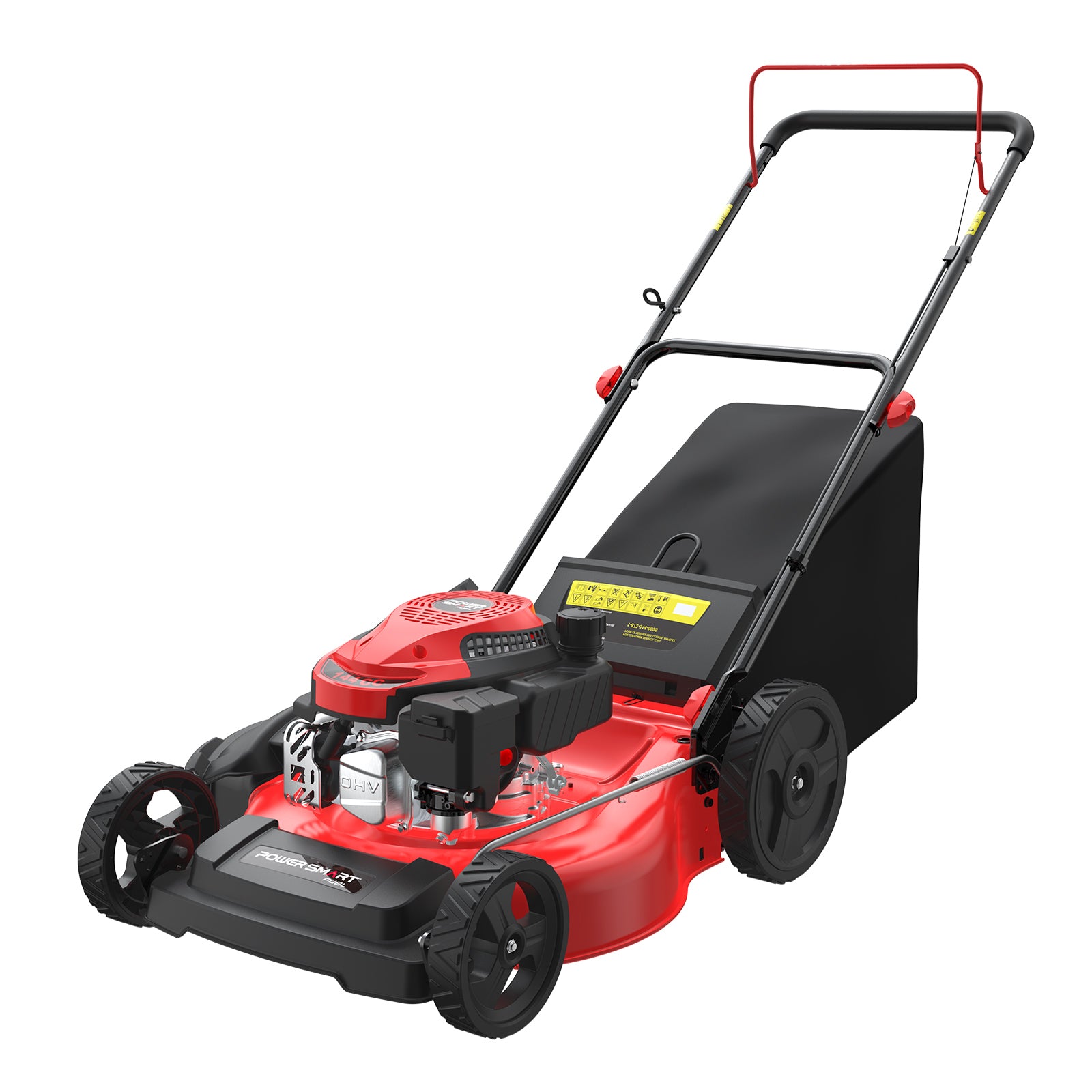

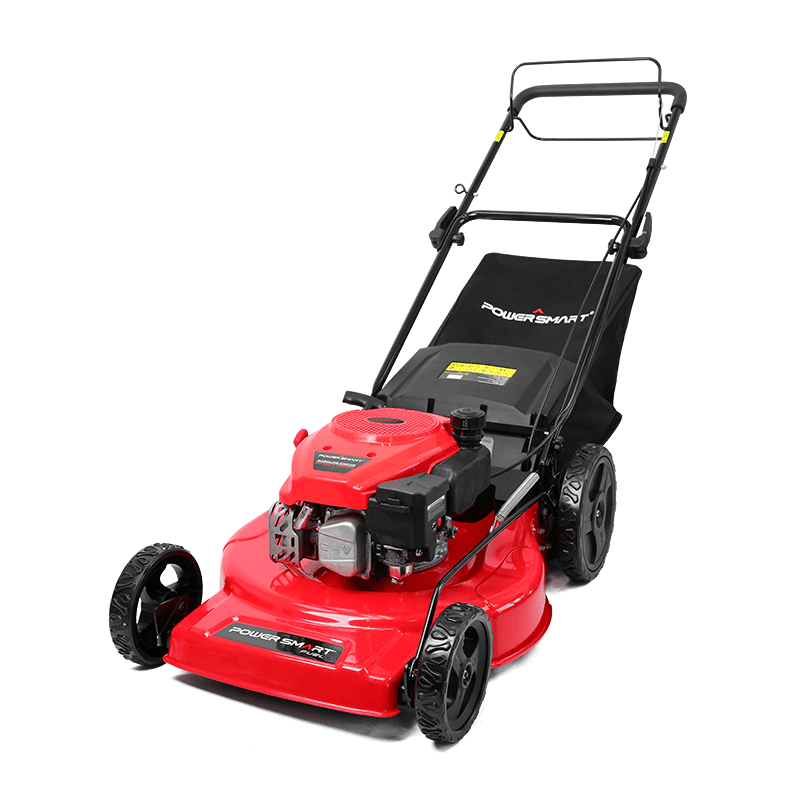

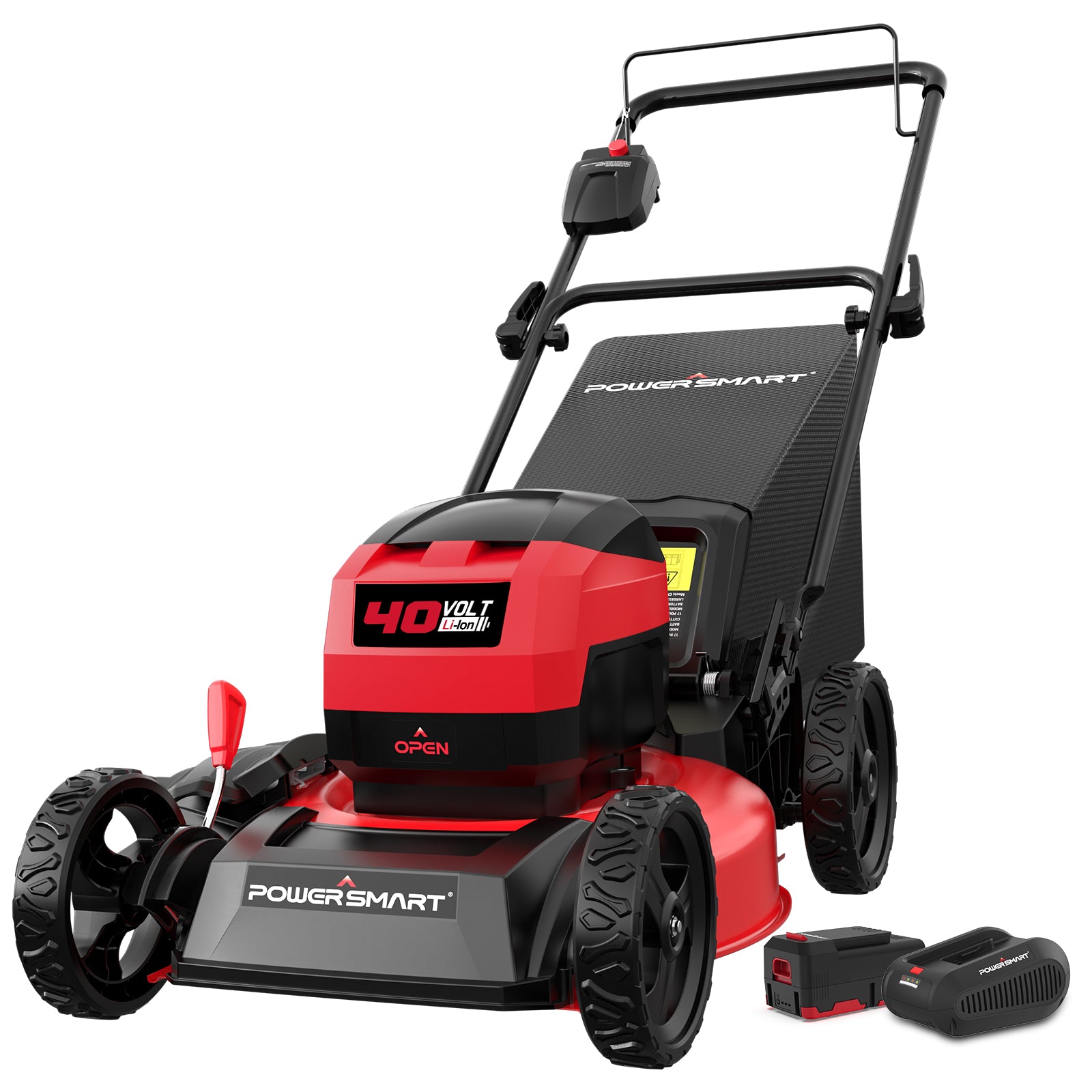
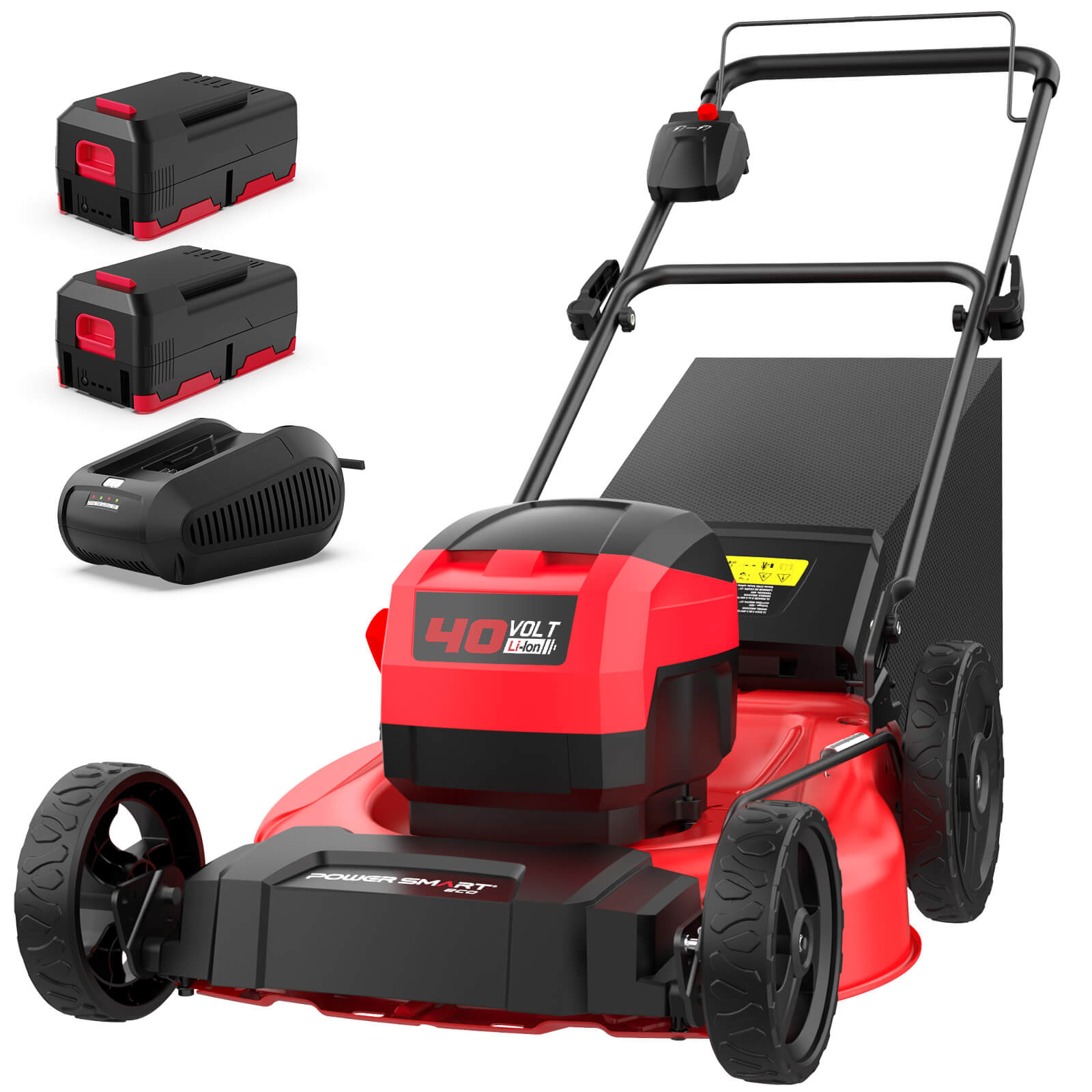
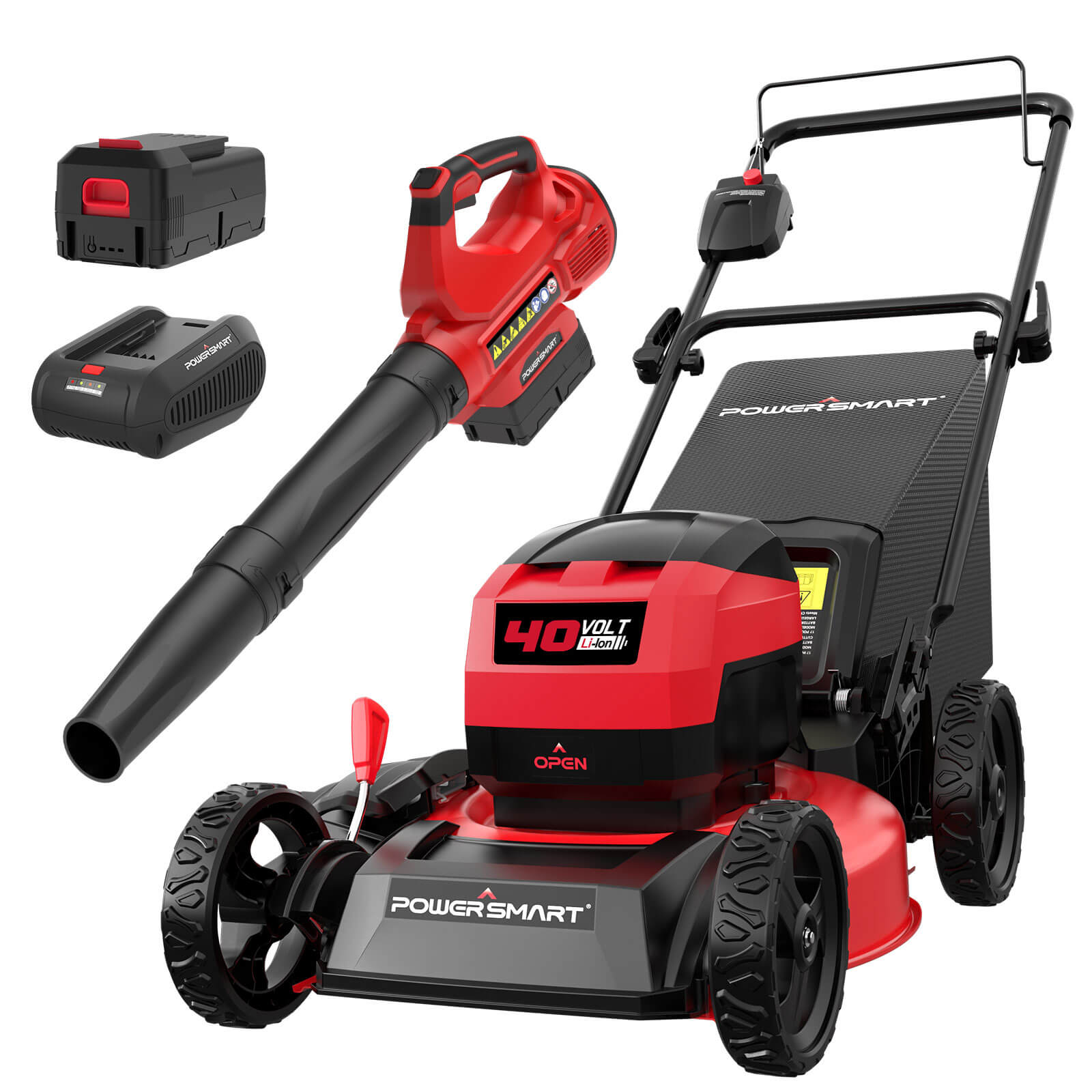
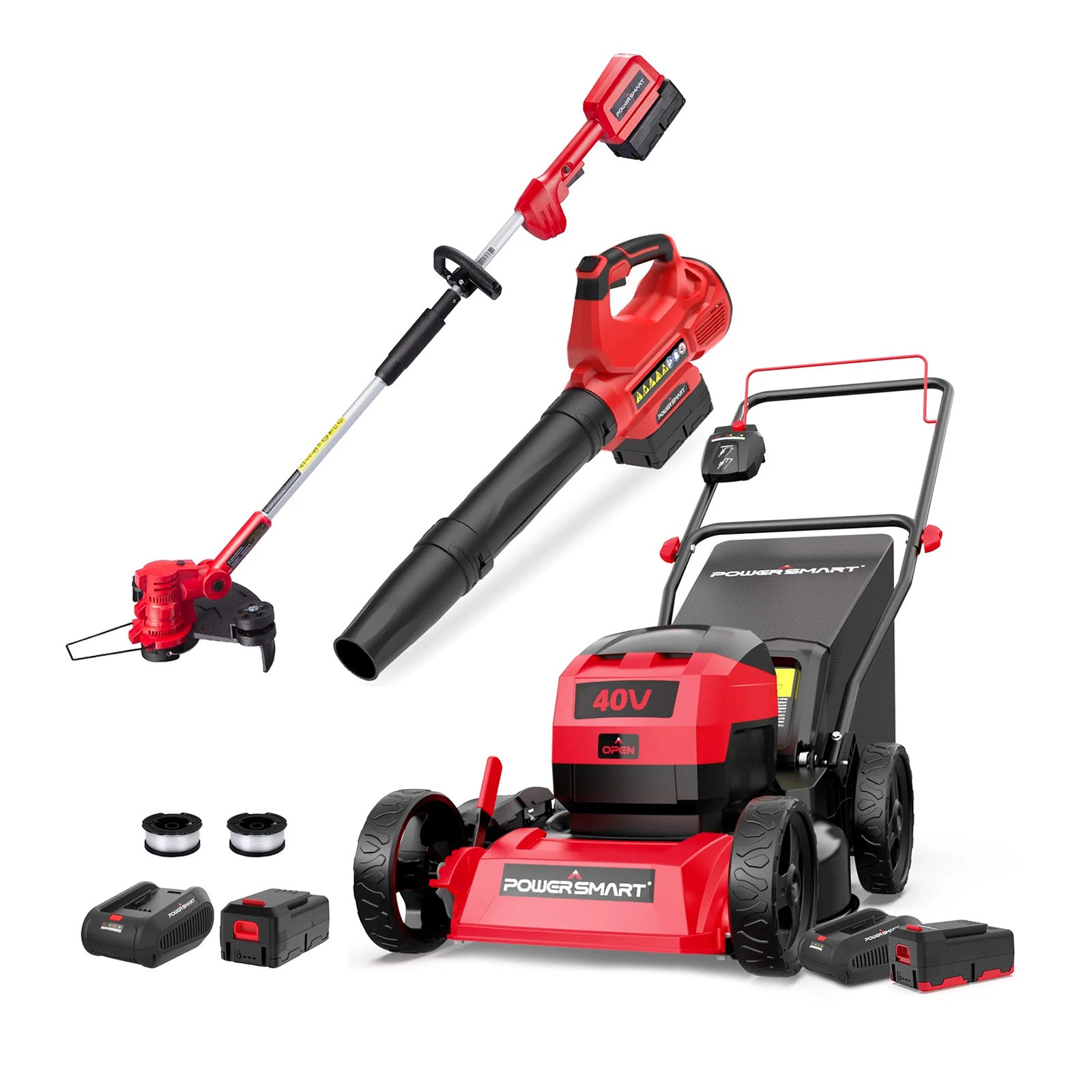
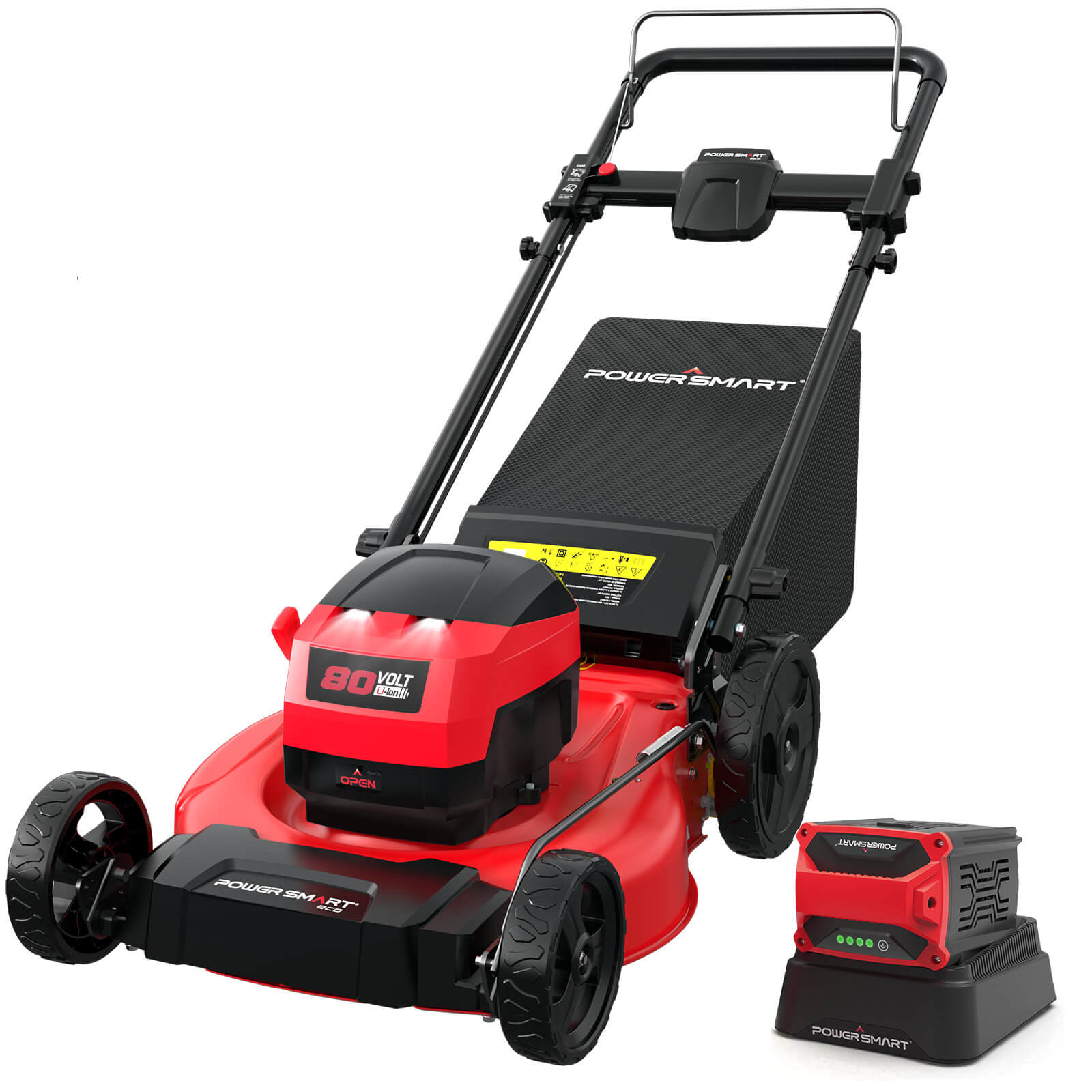
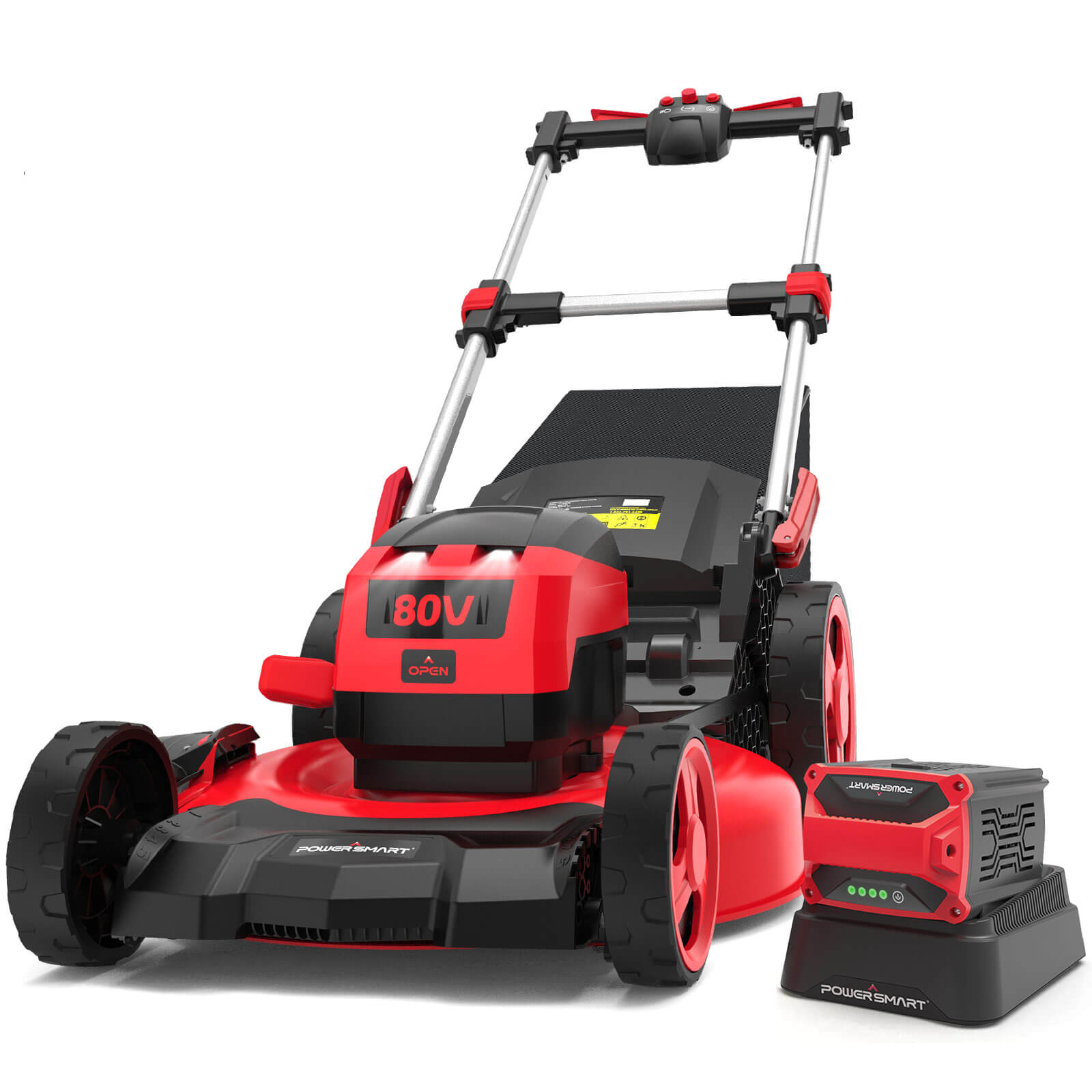








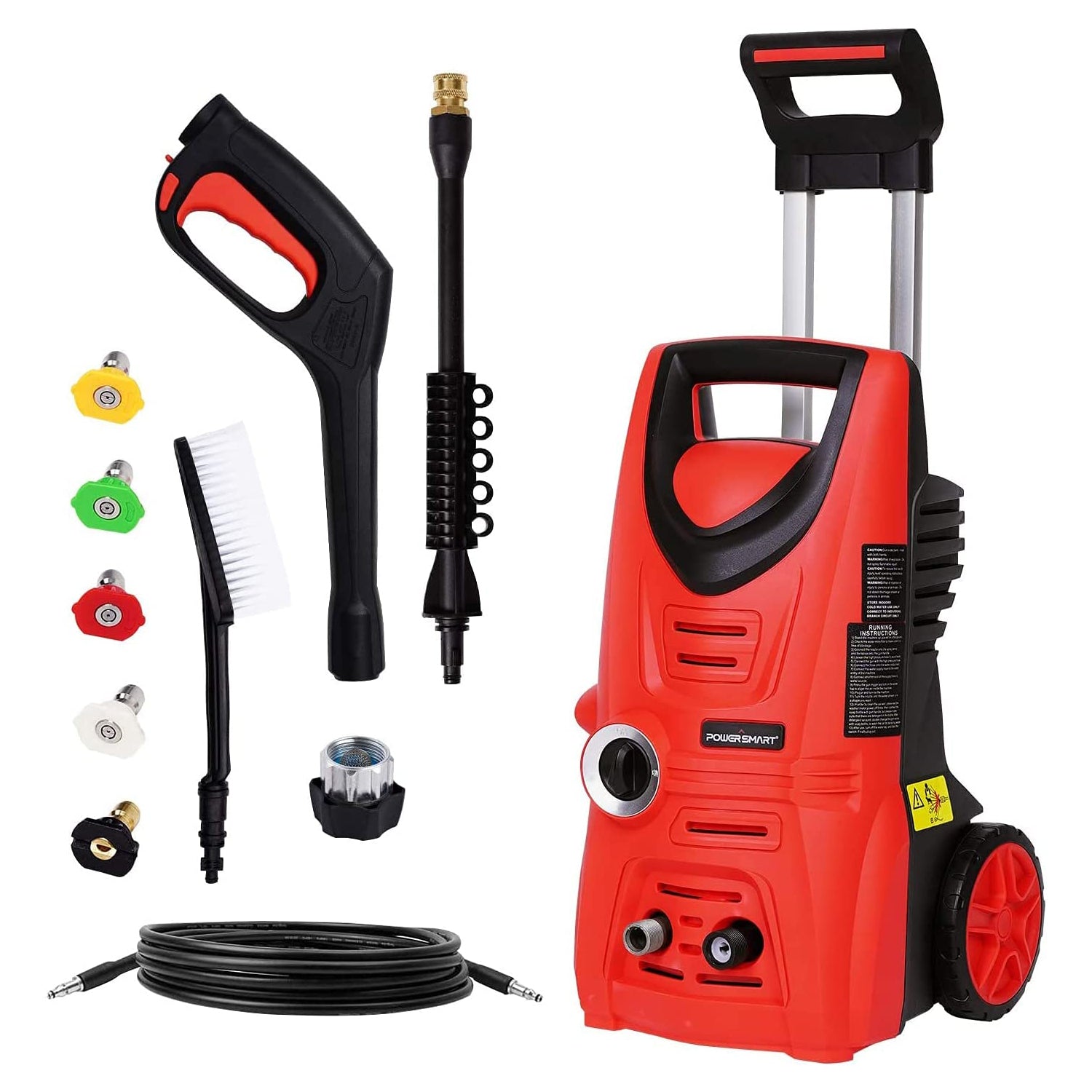
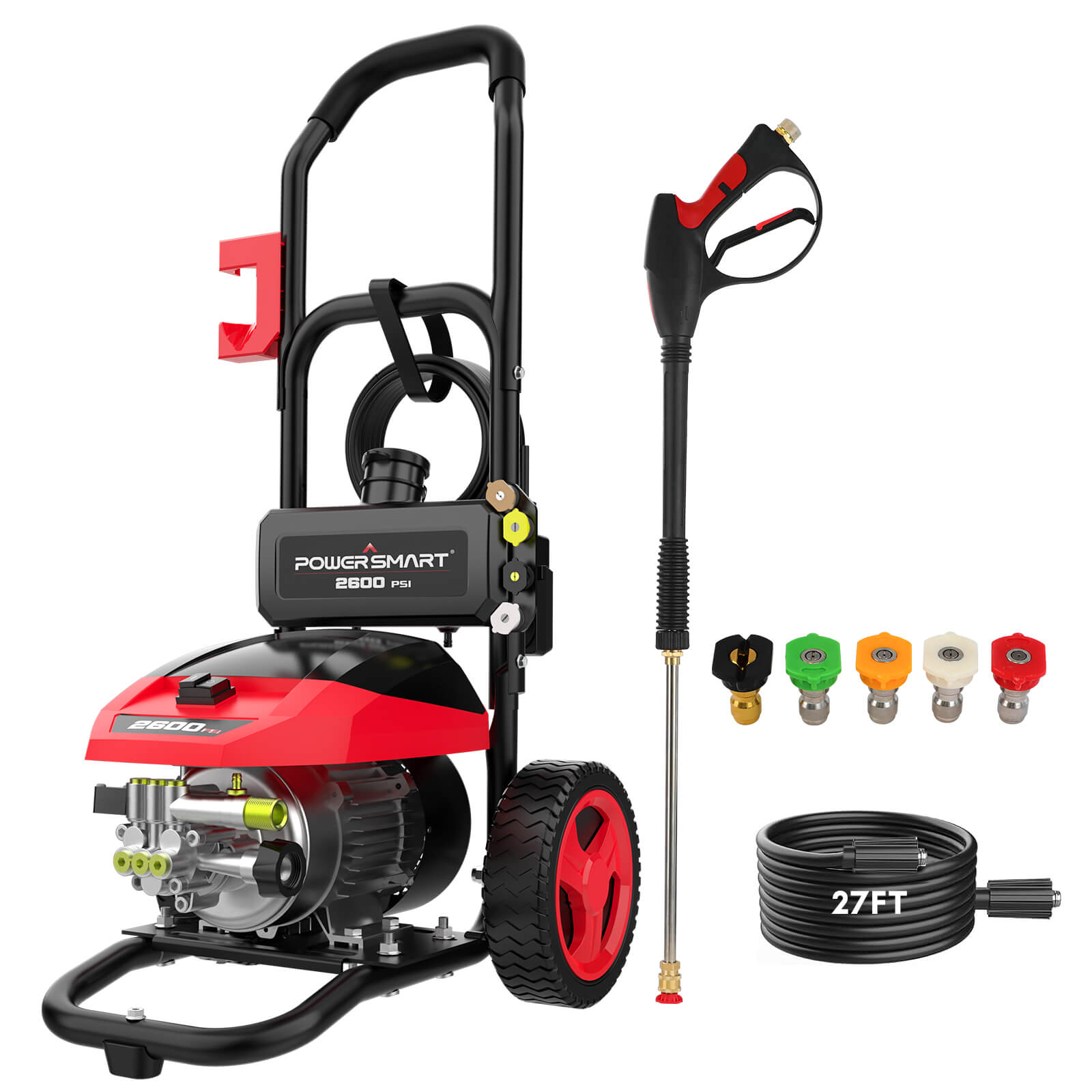
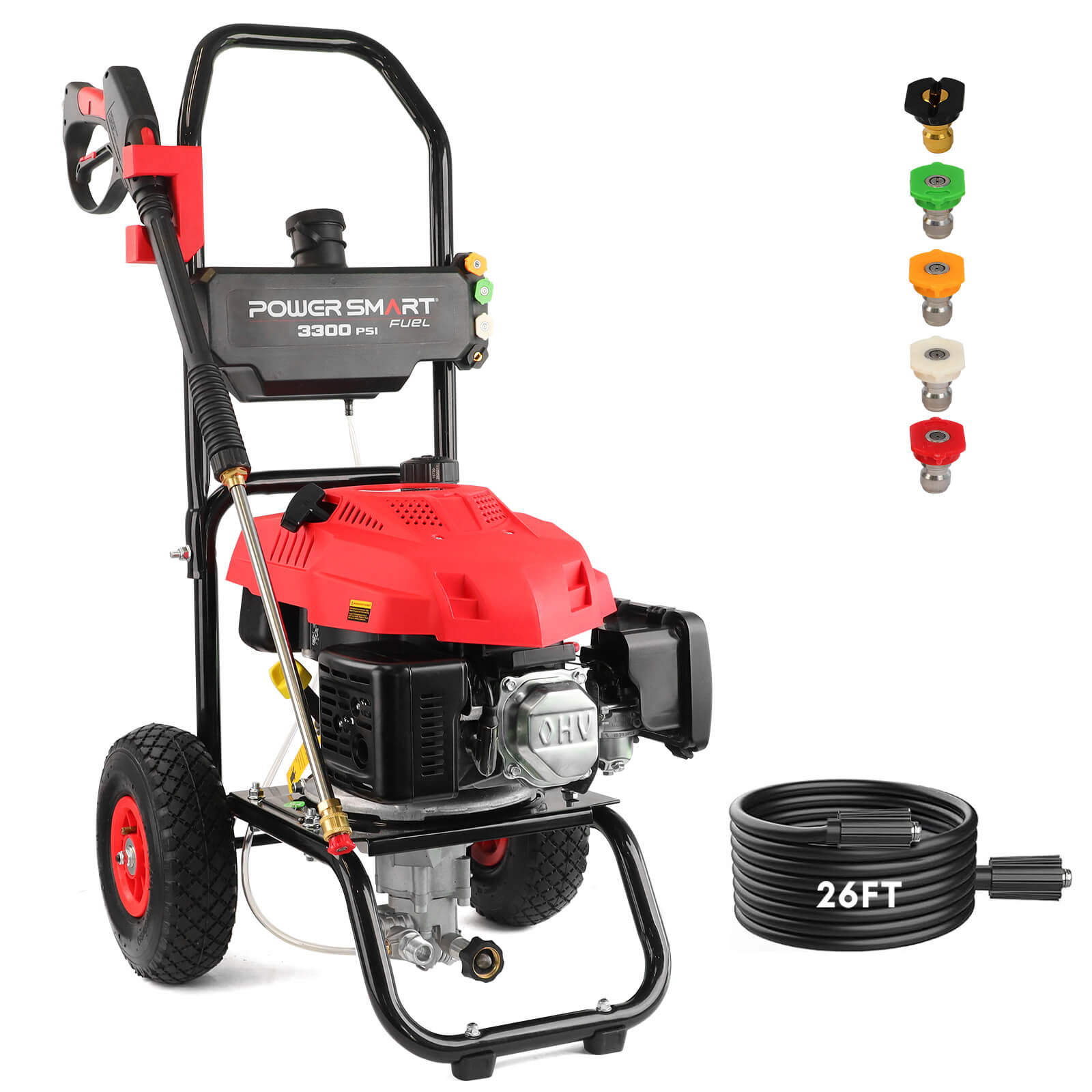
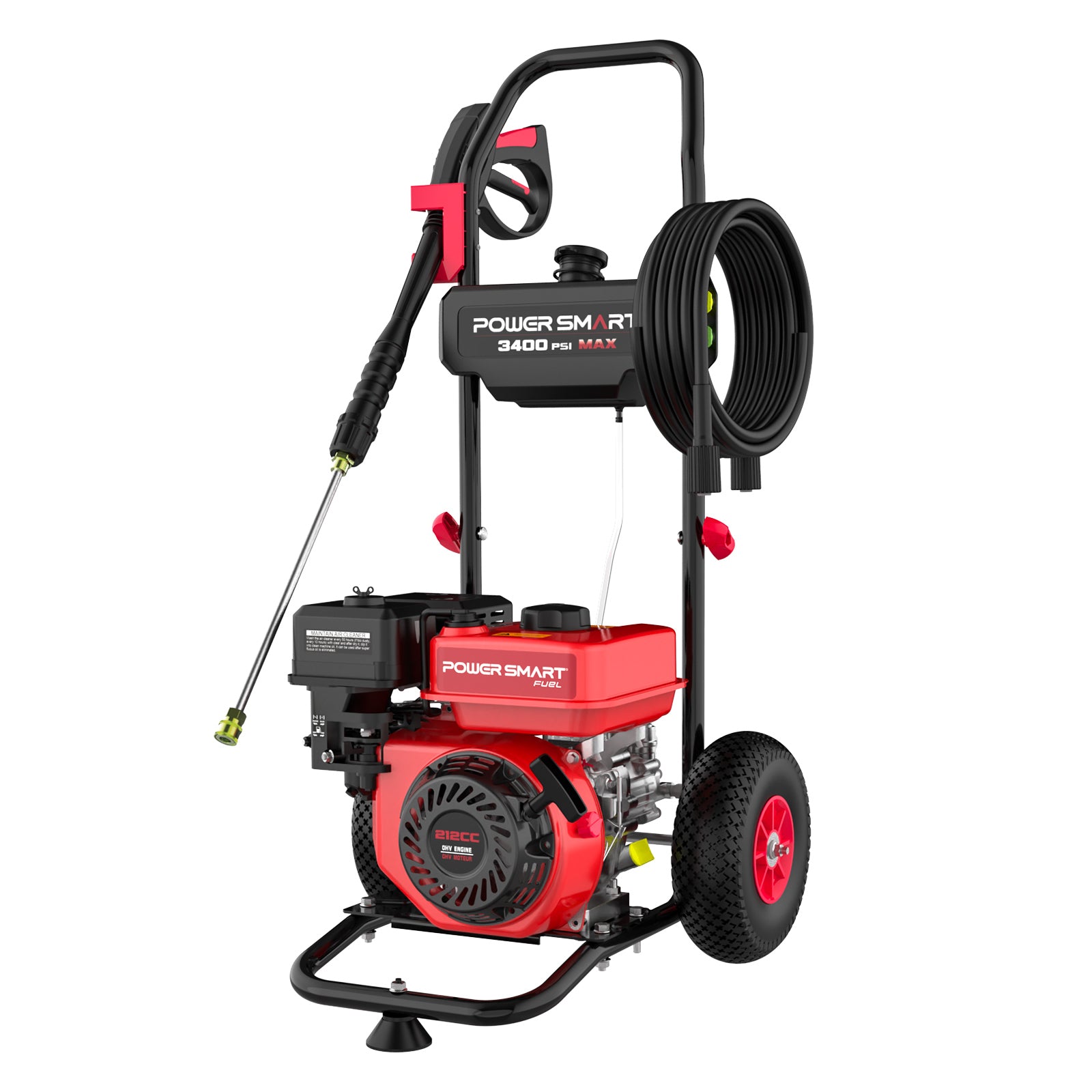
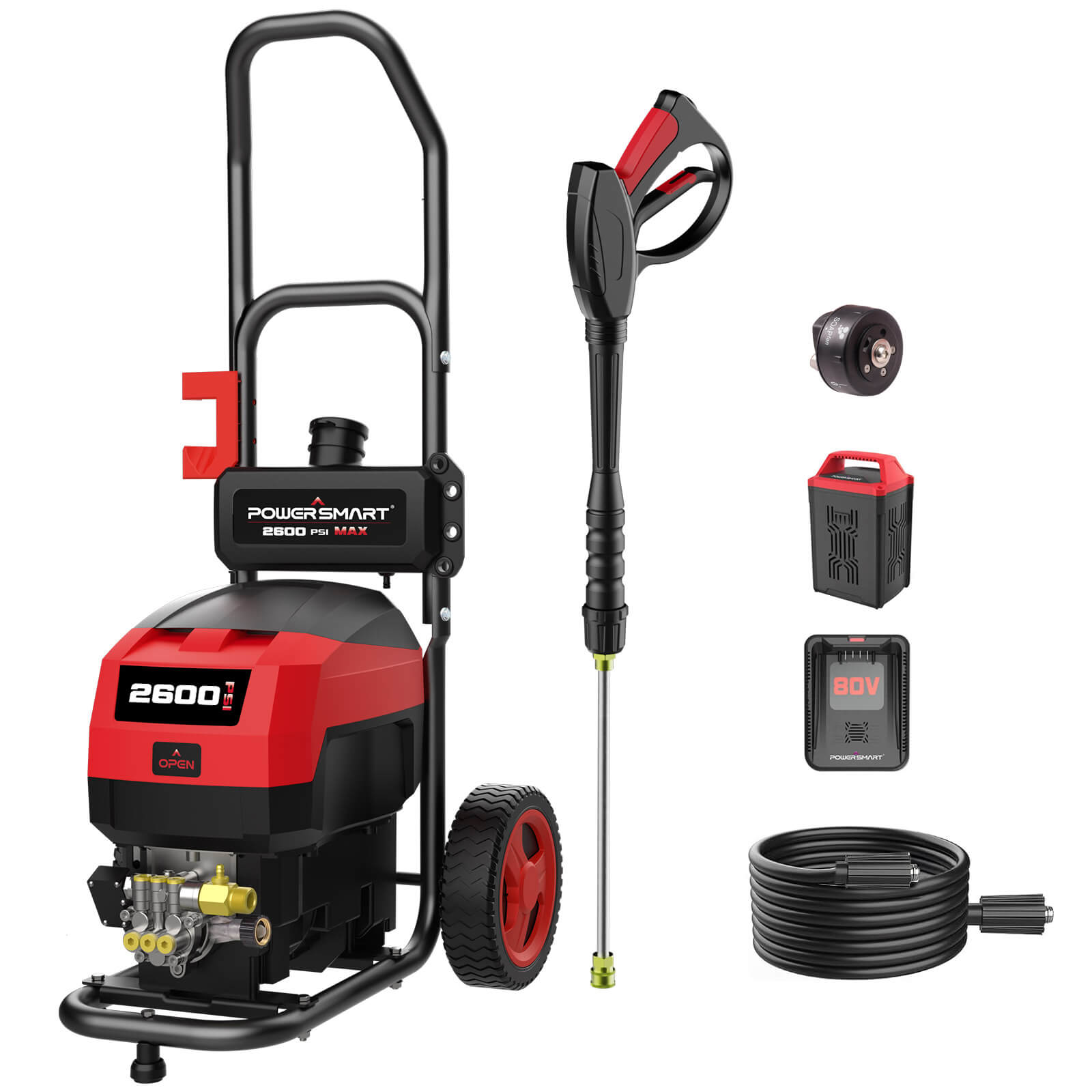
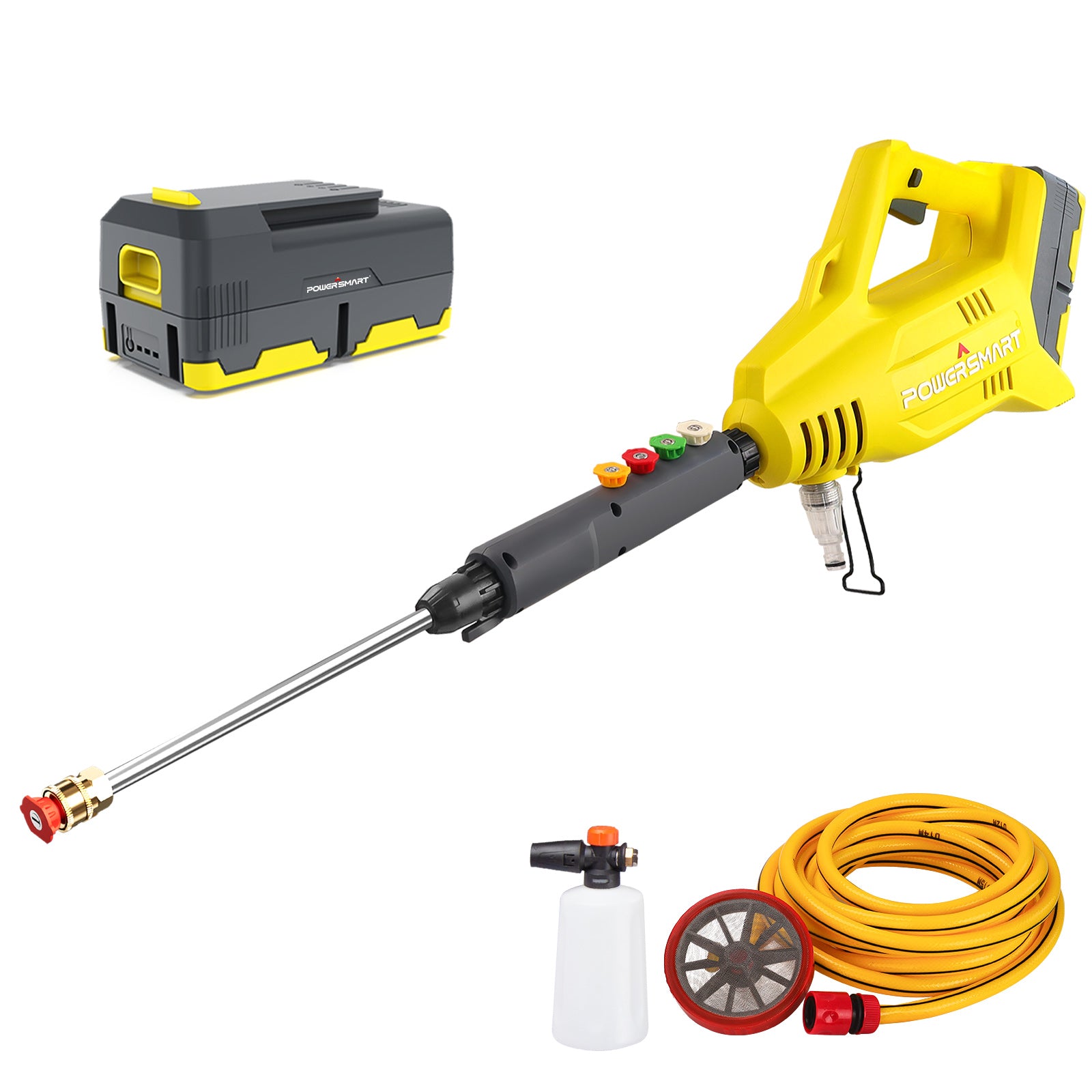












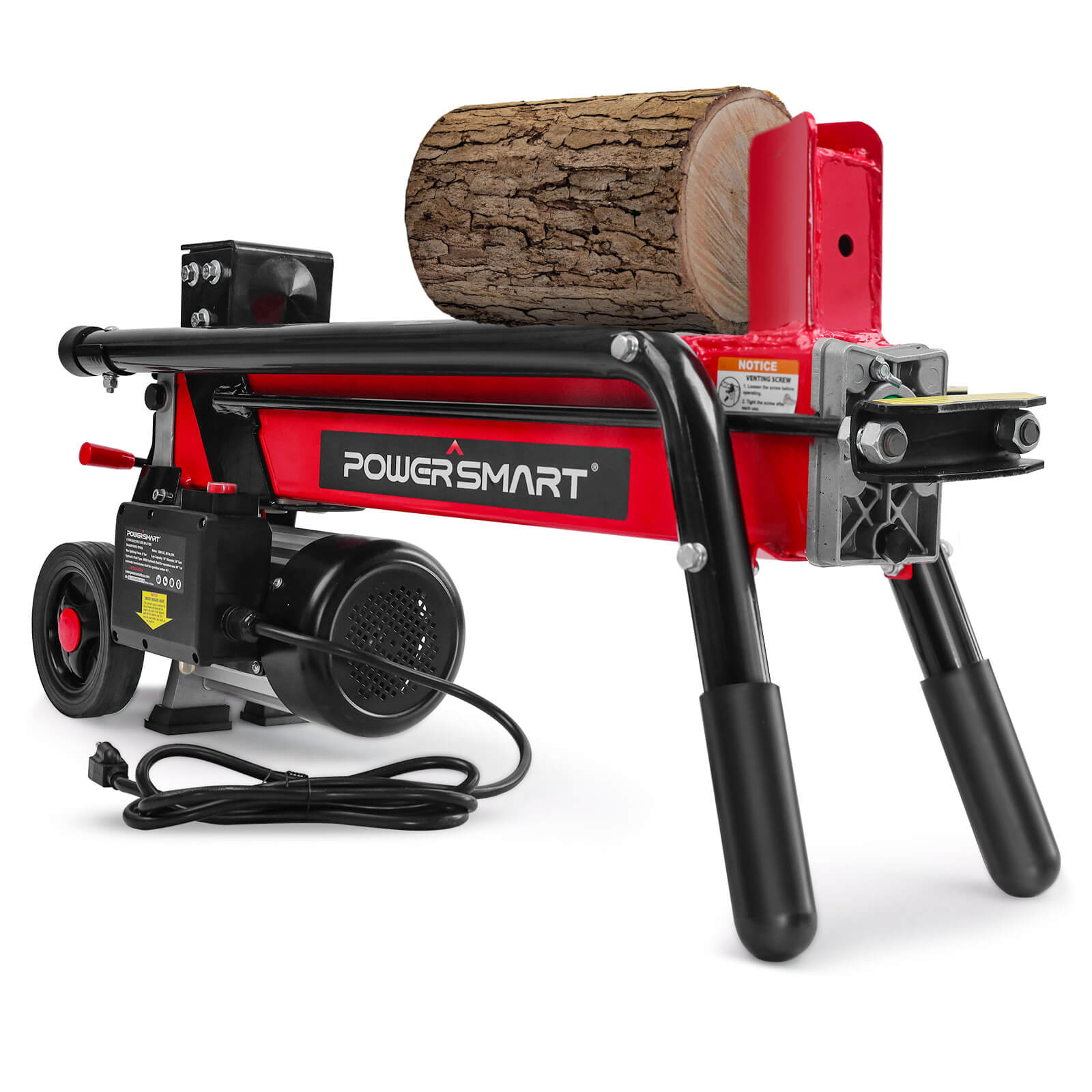

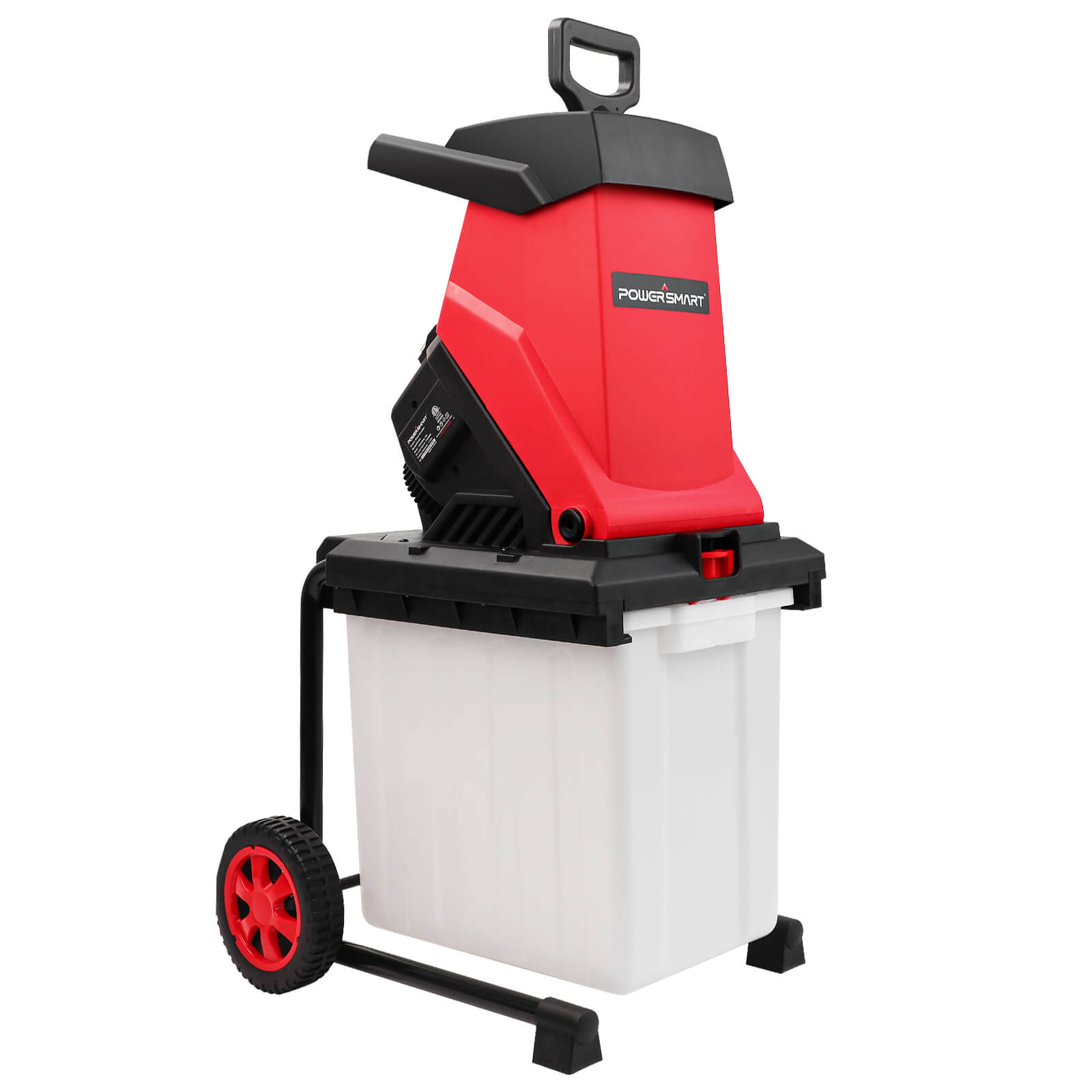
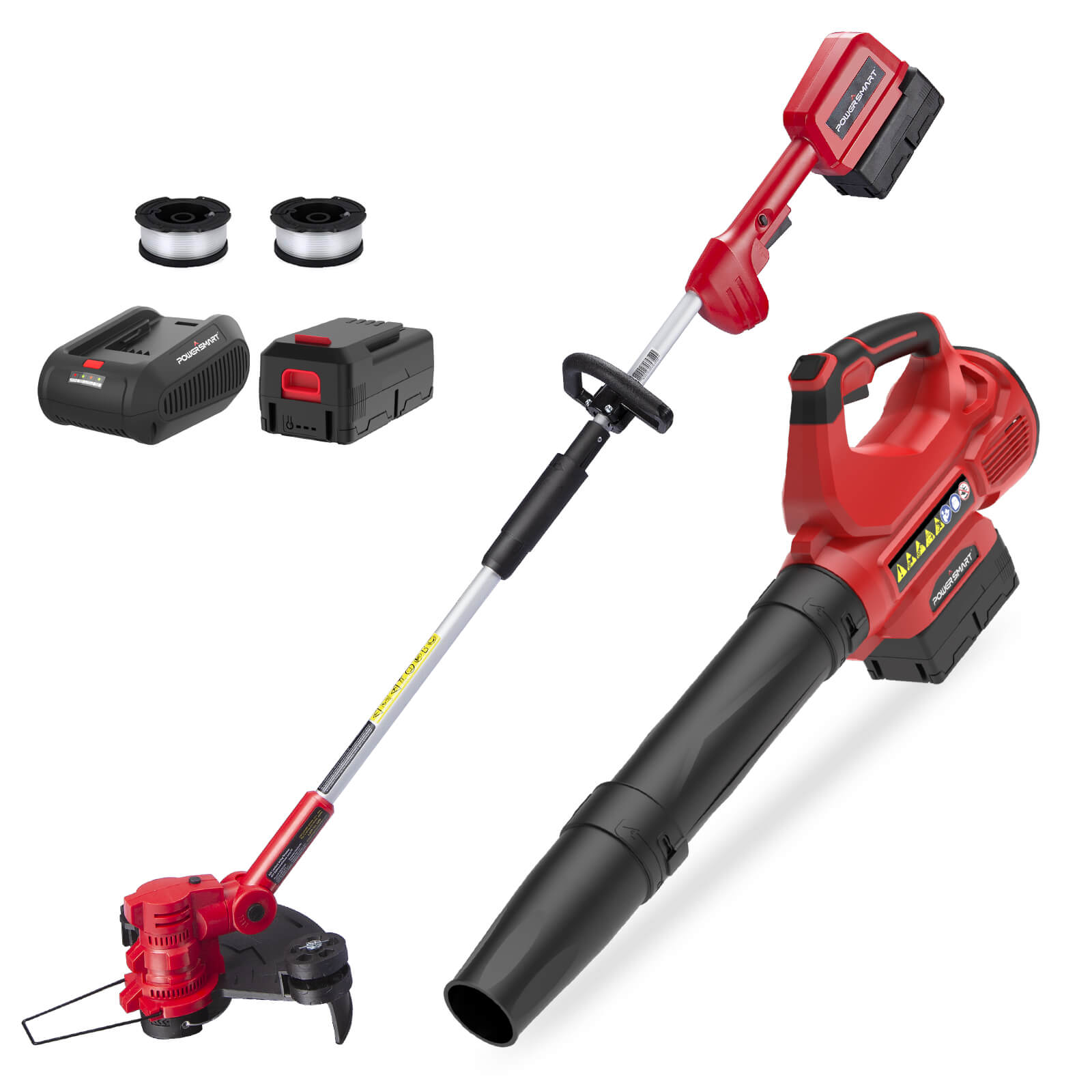
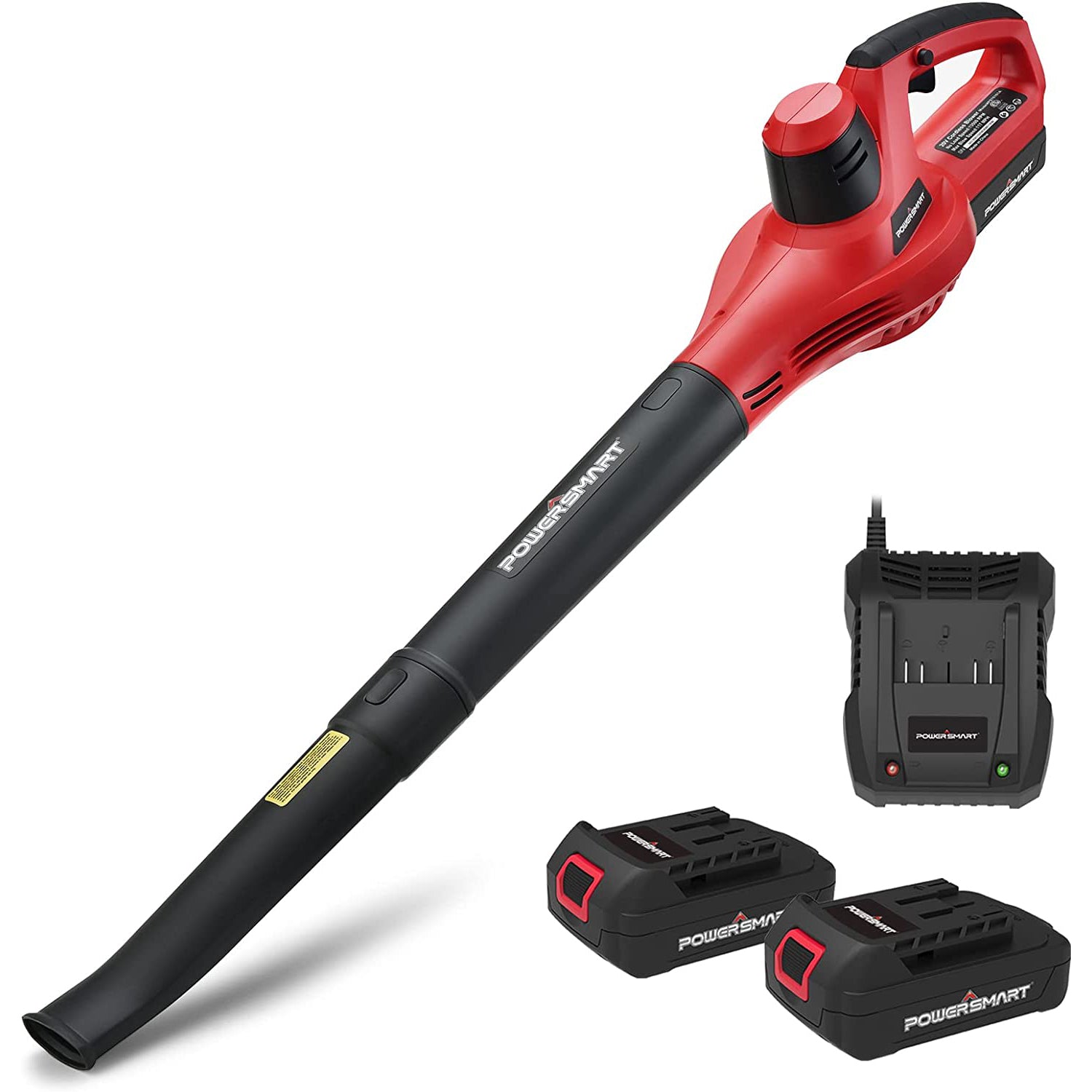
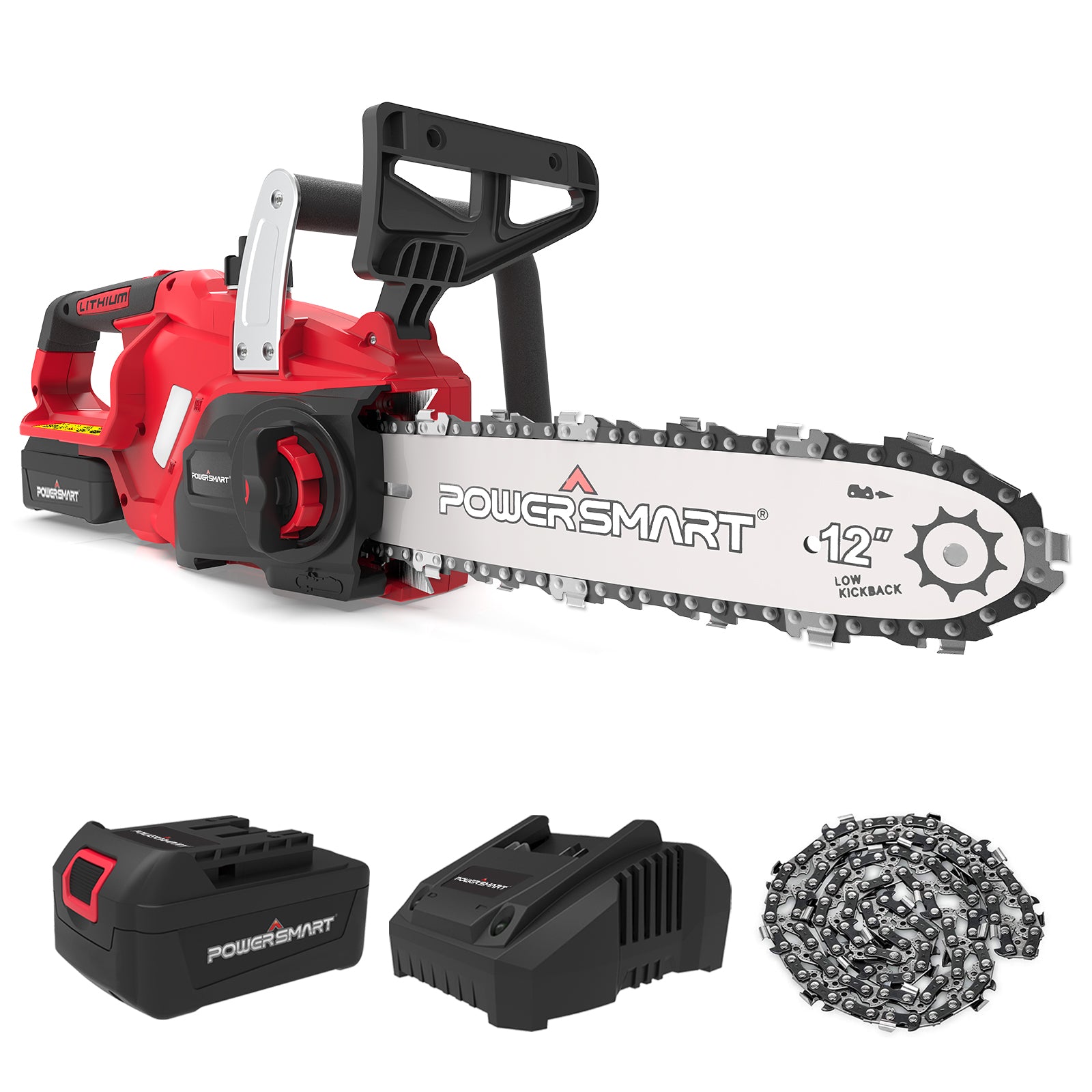
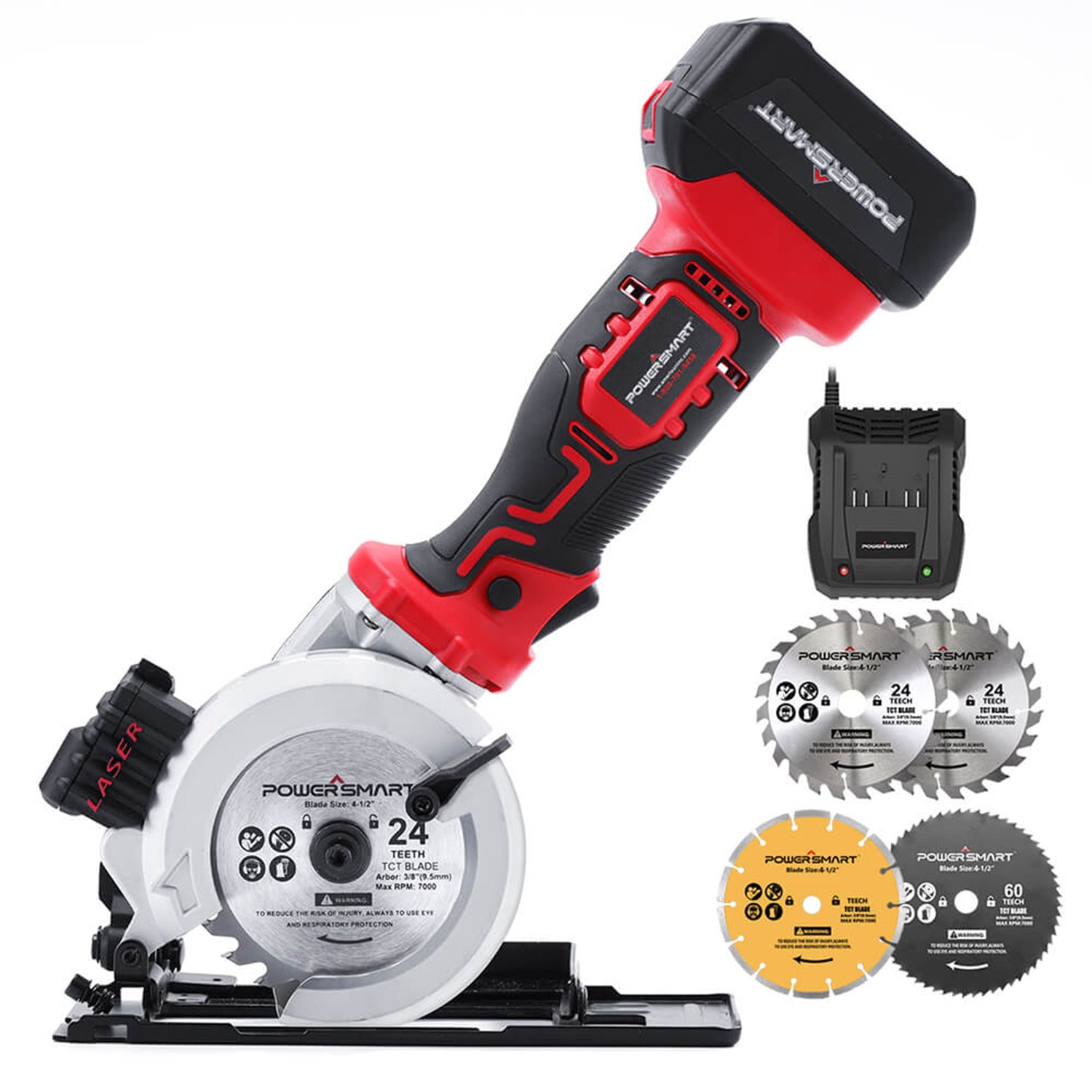



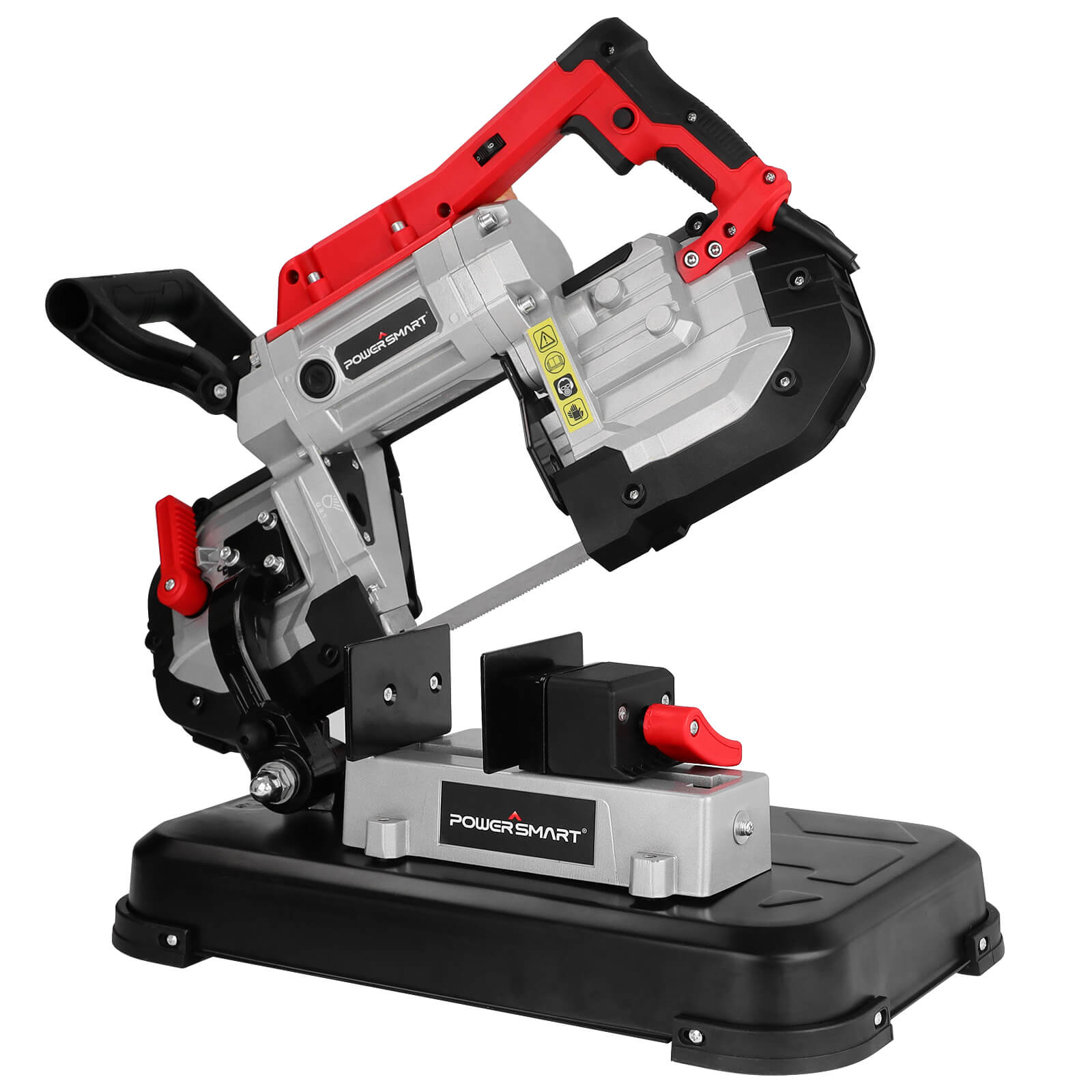
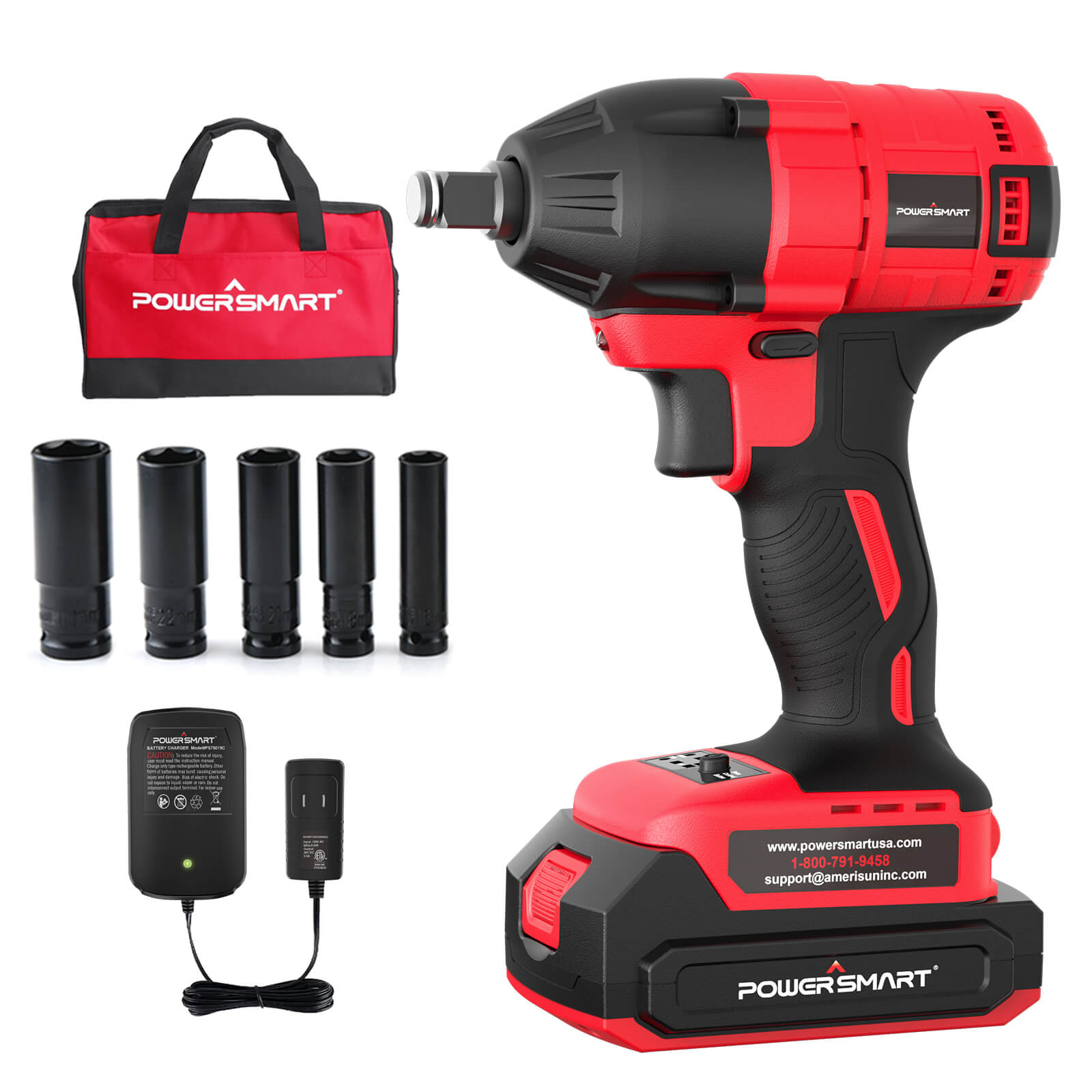












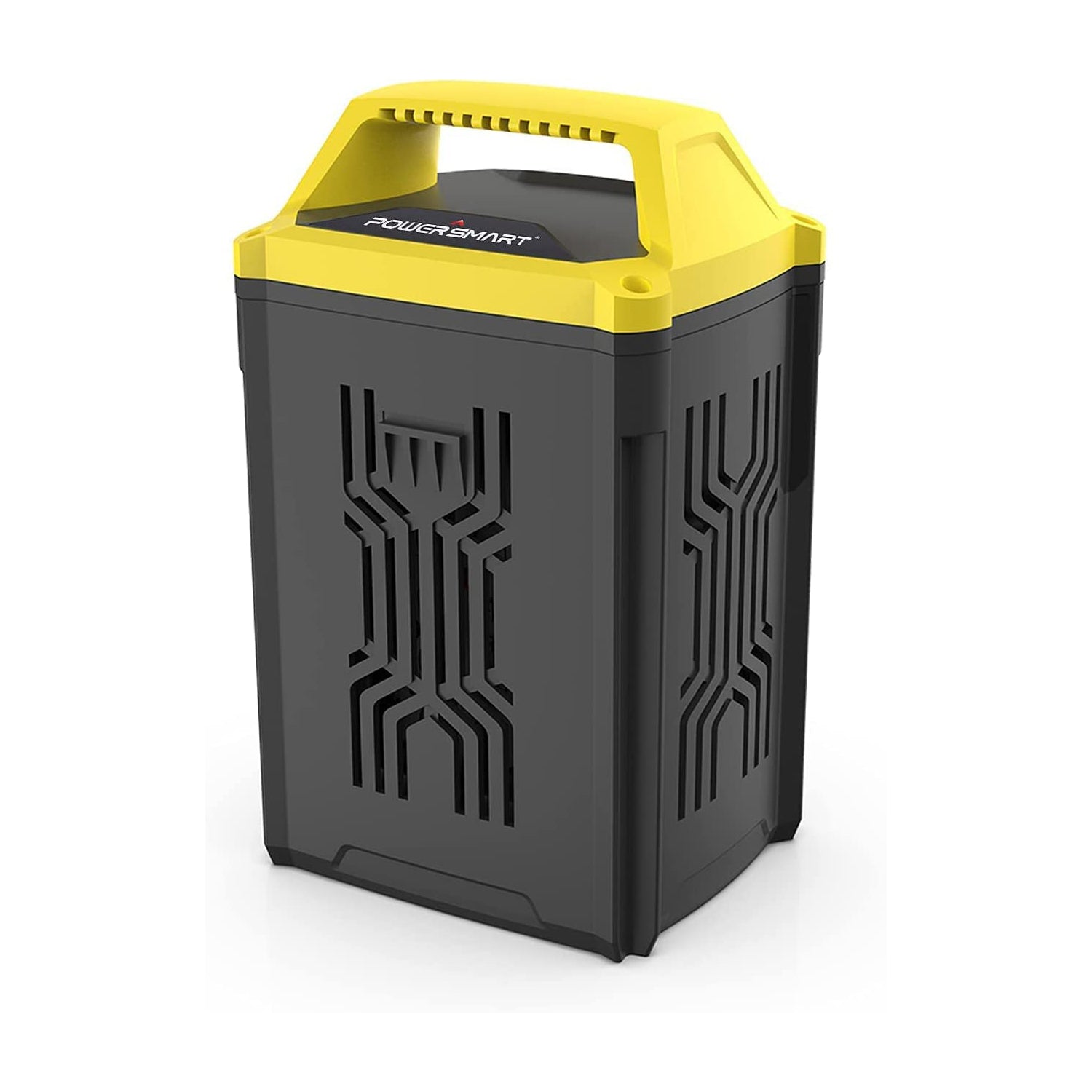

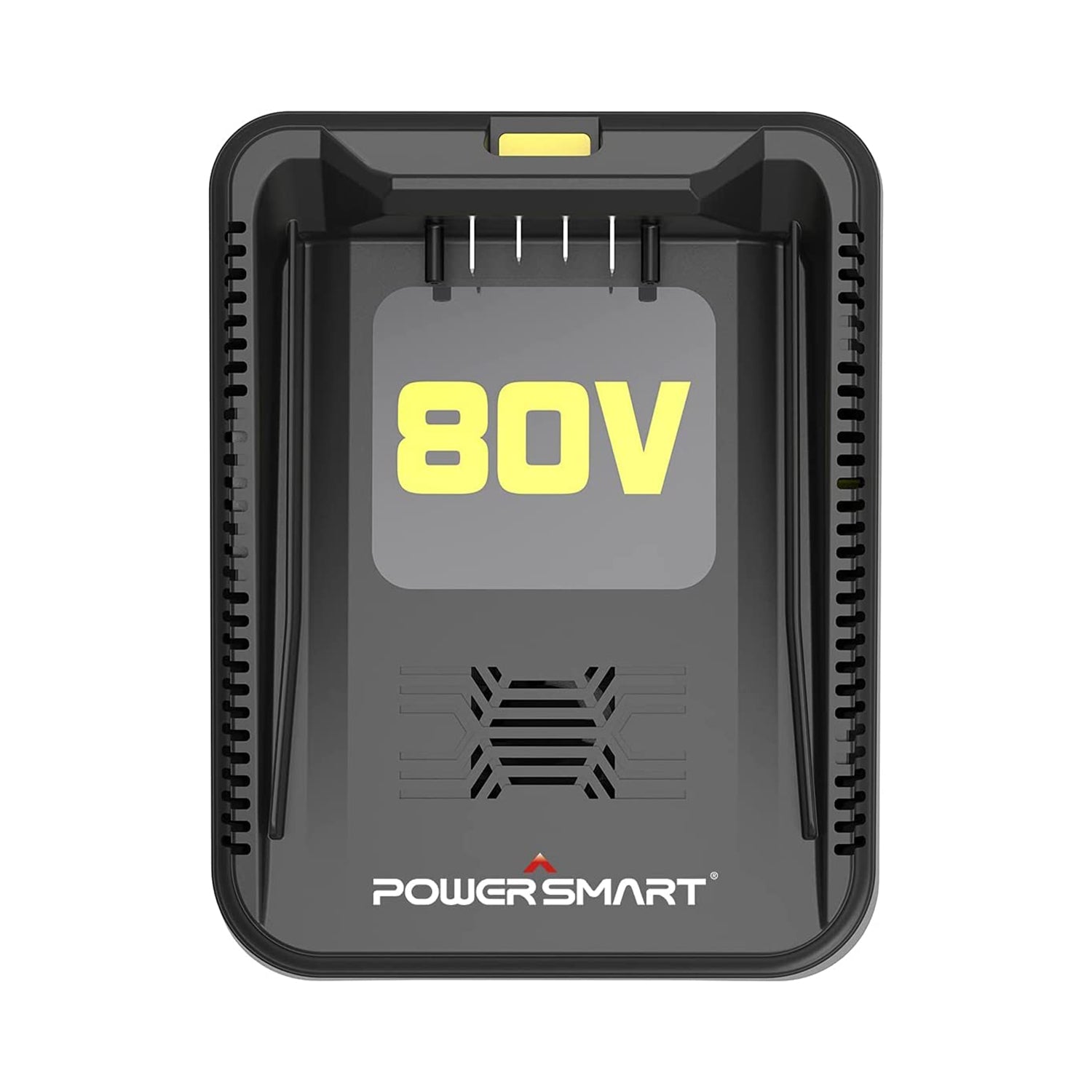
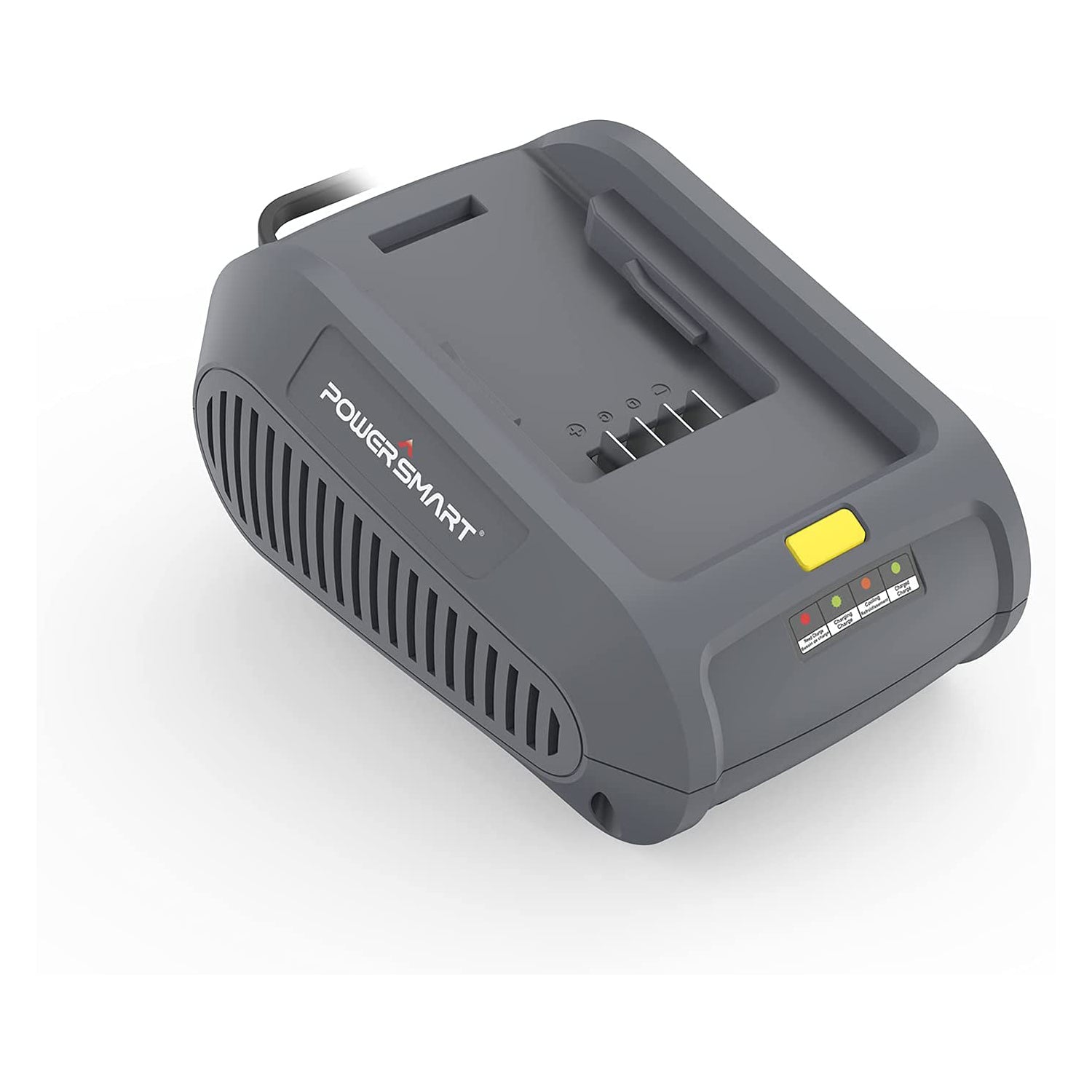




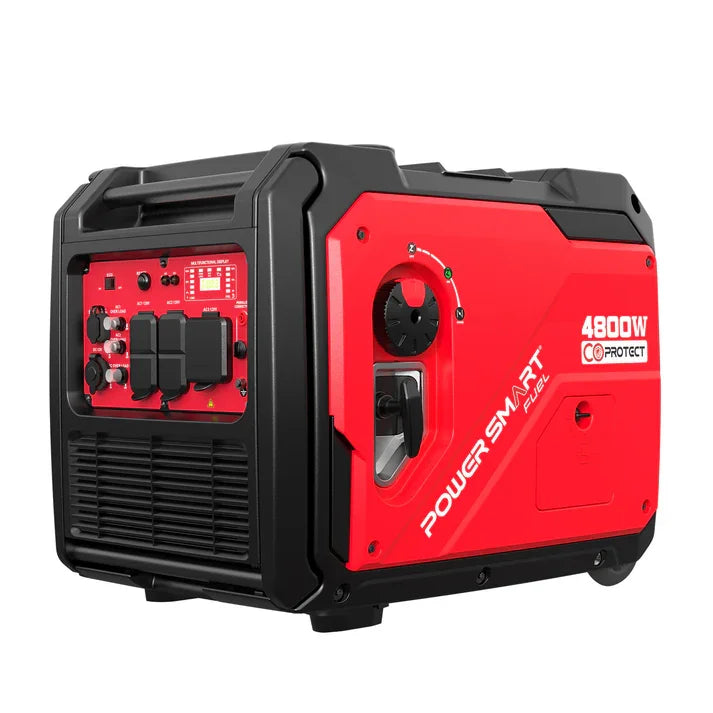
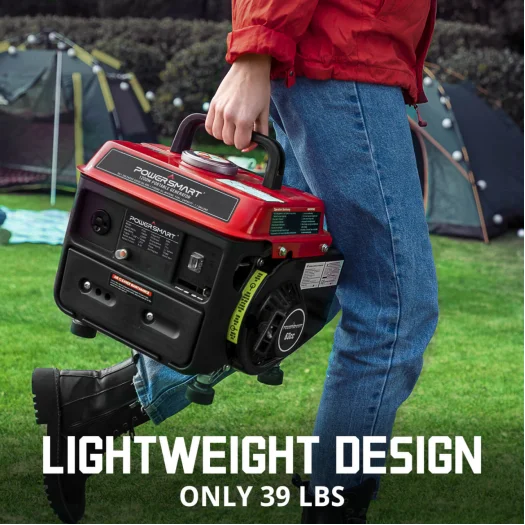
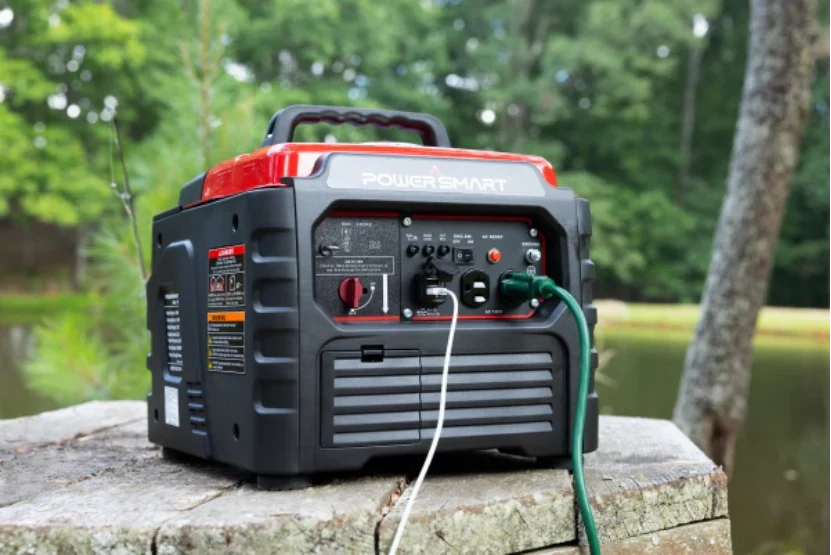
Leave a comment
All comments are moderated before being published.
This site is protected by hCaptcha and the hCaptcha Privacy Policy and Terms of Service apply.